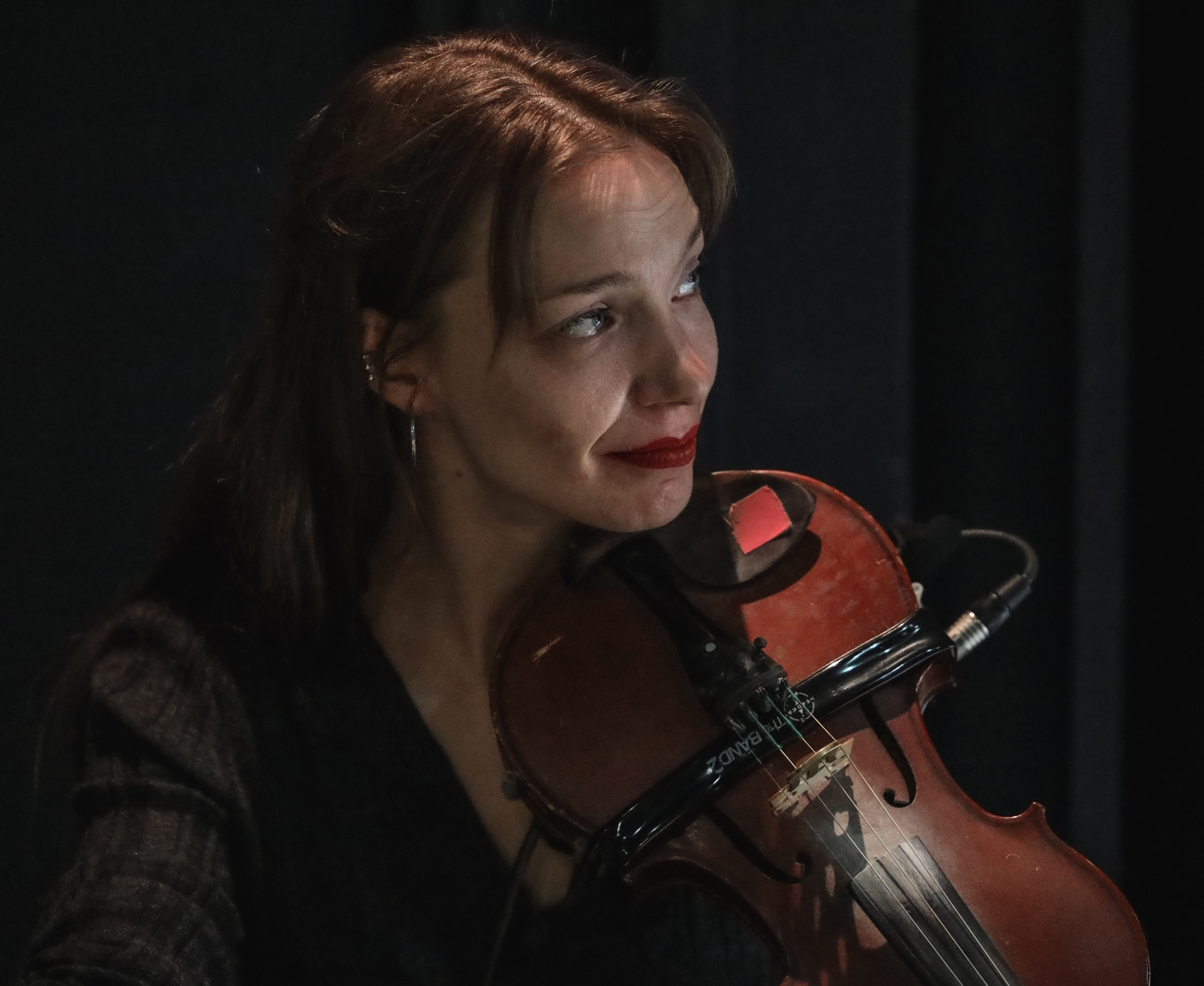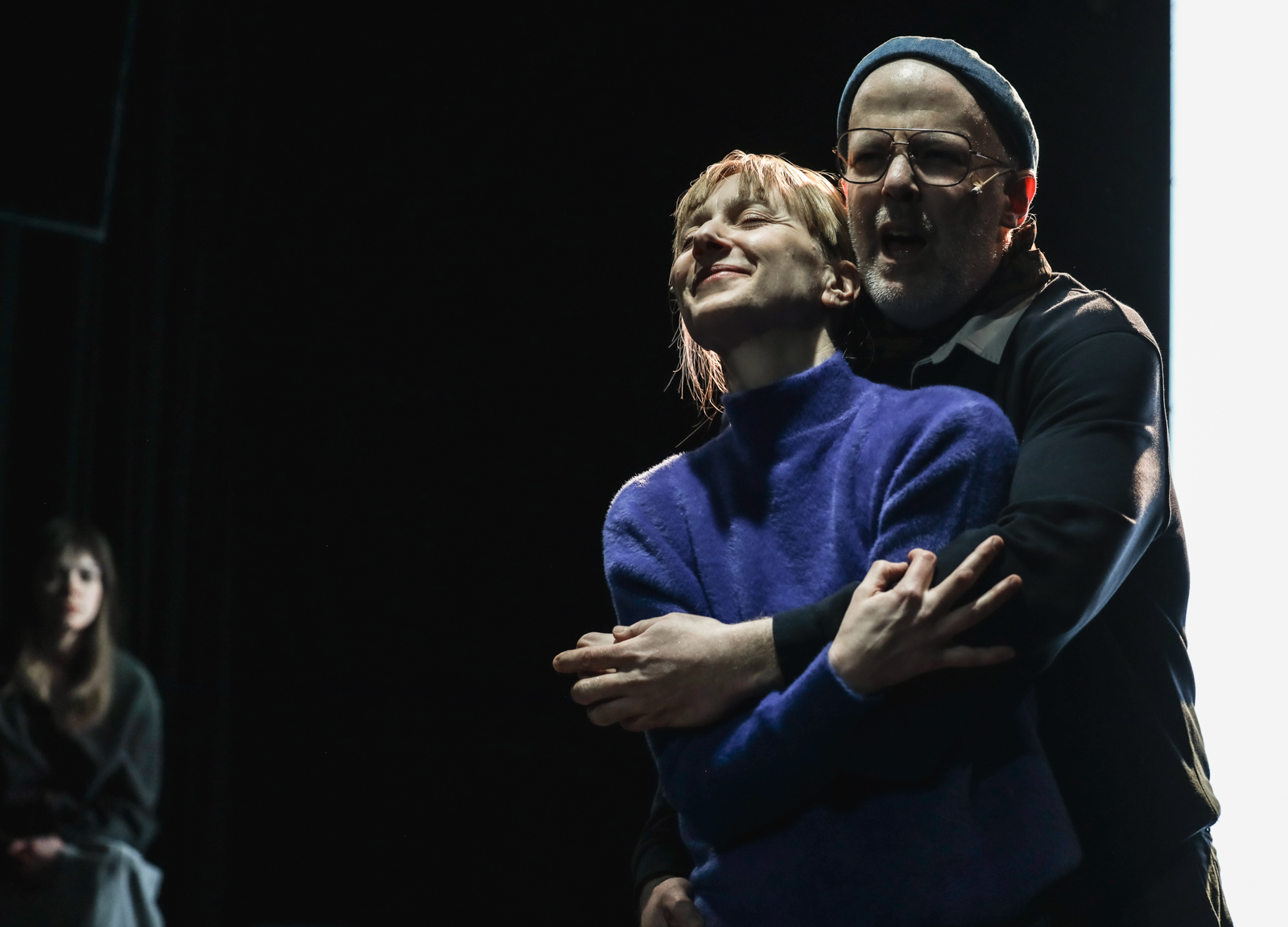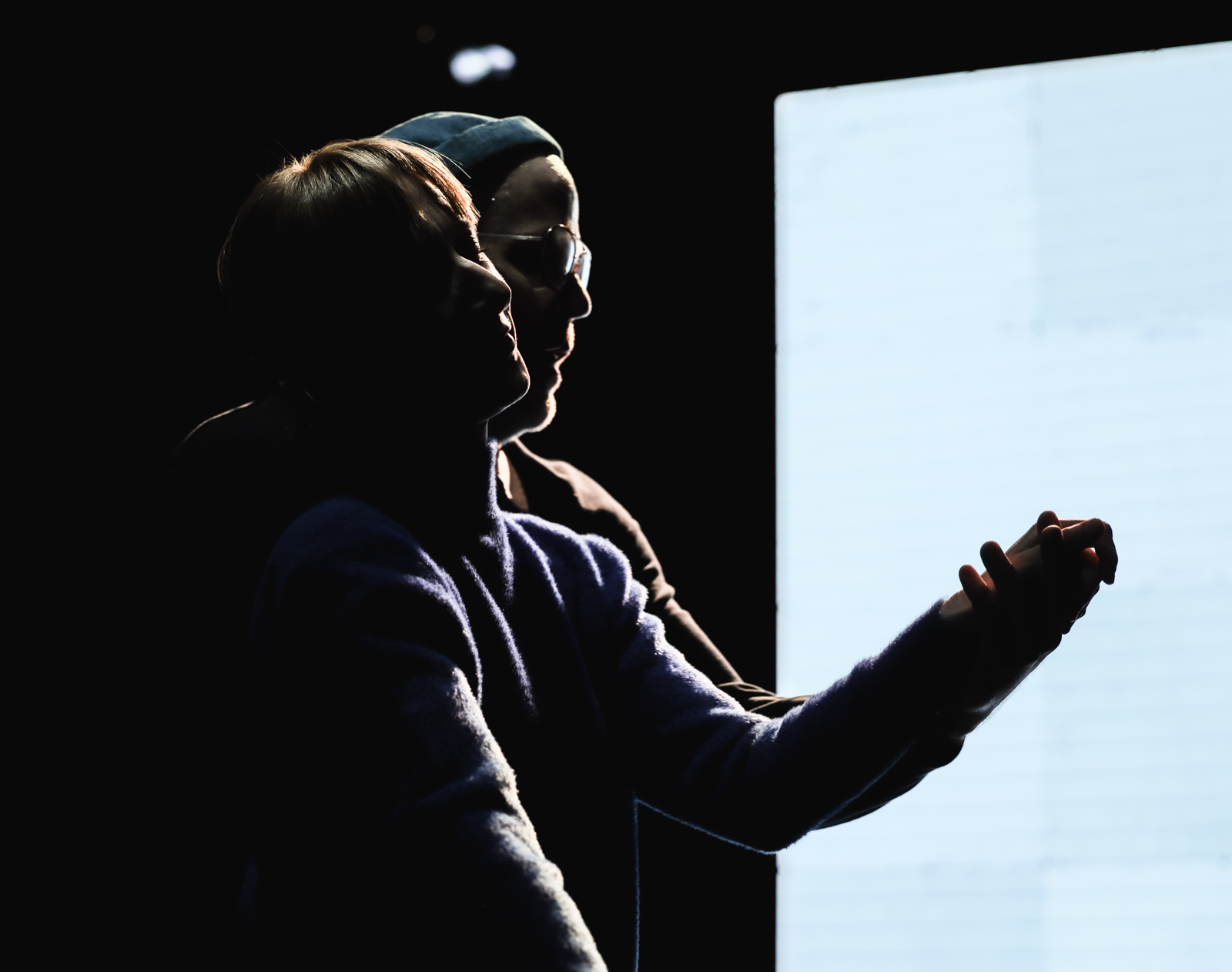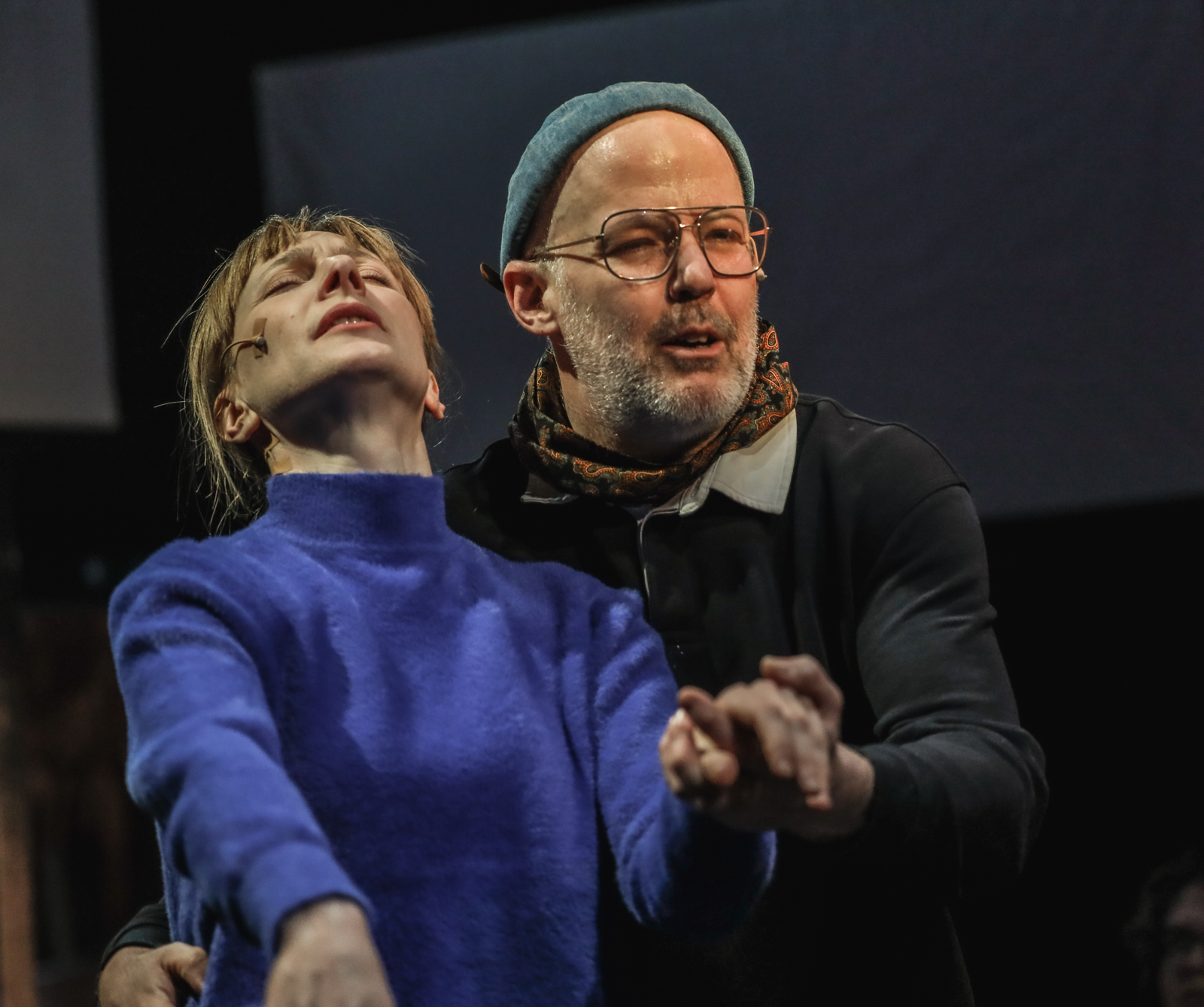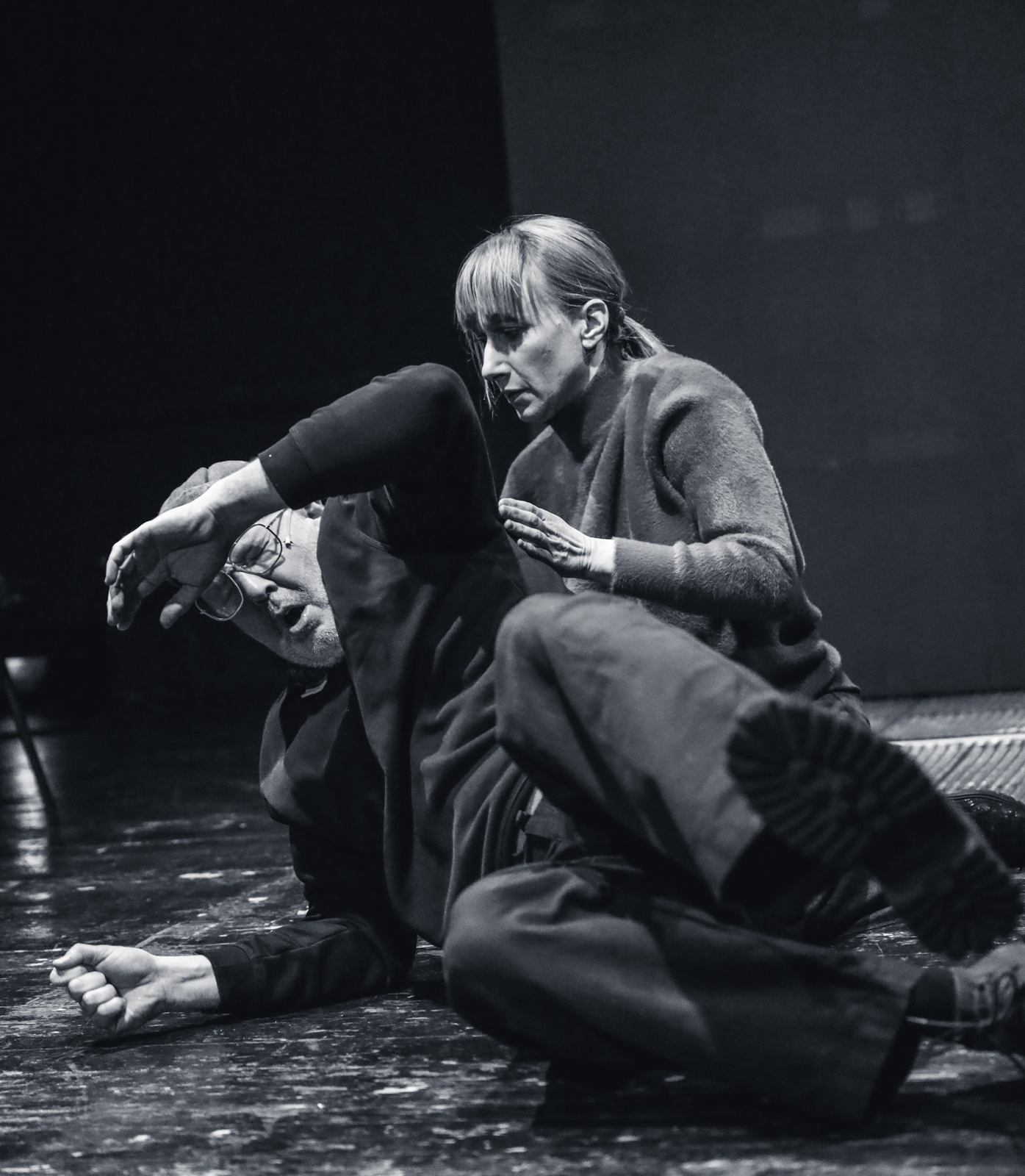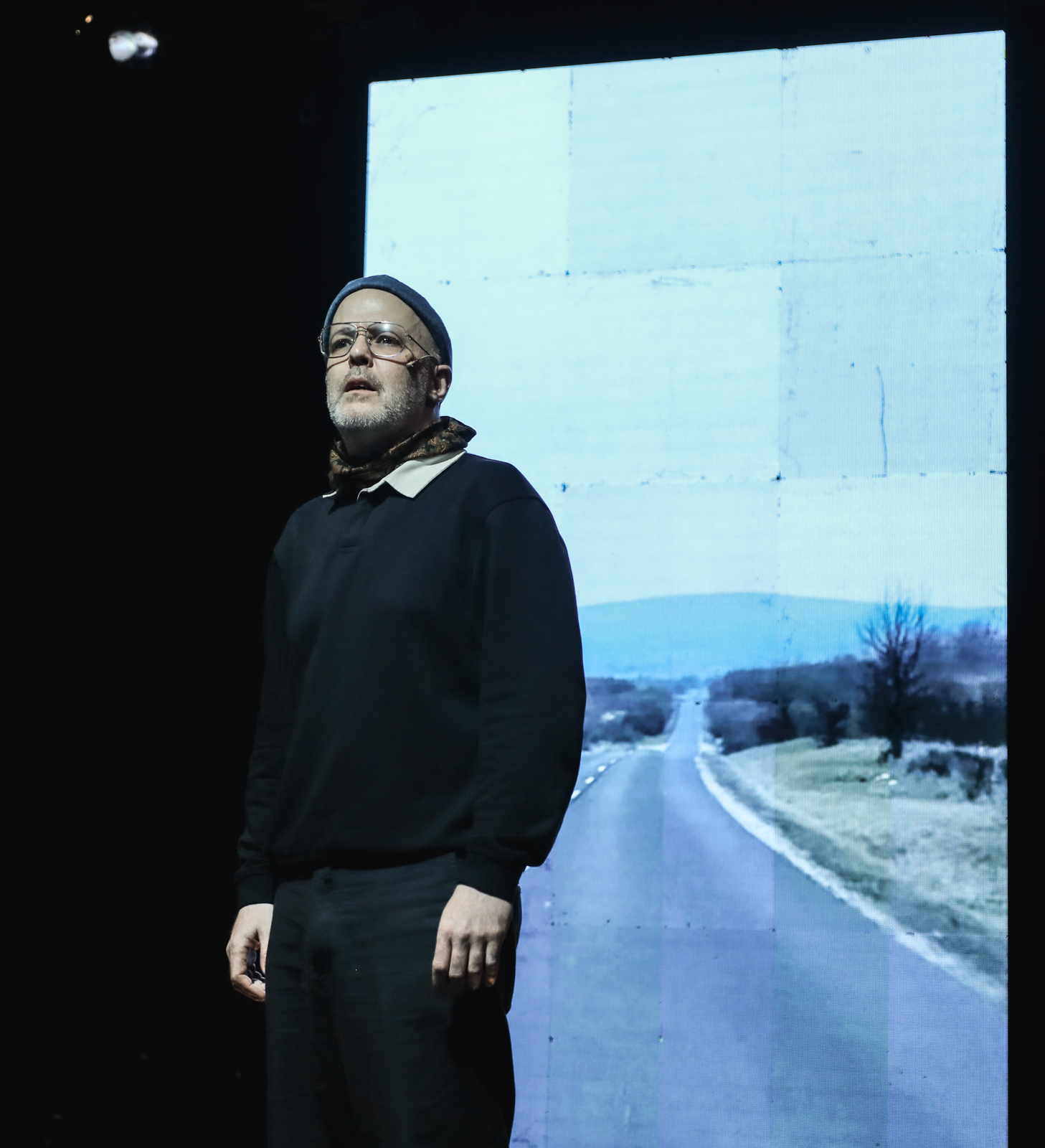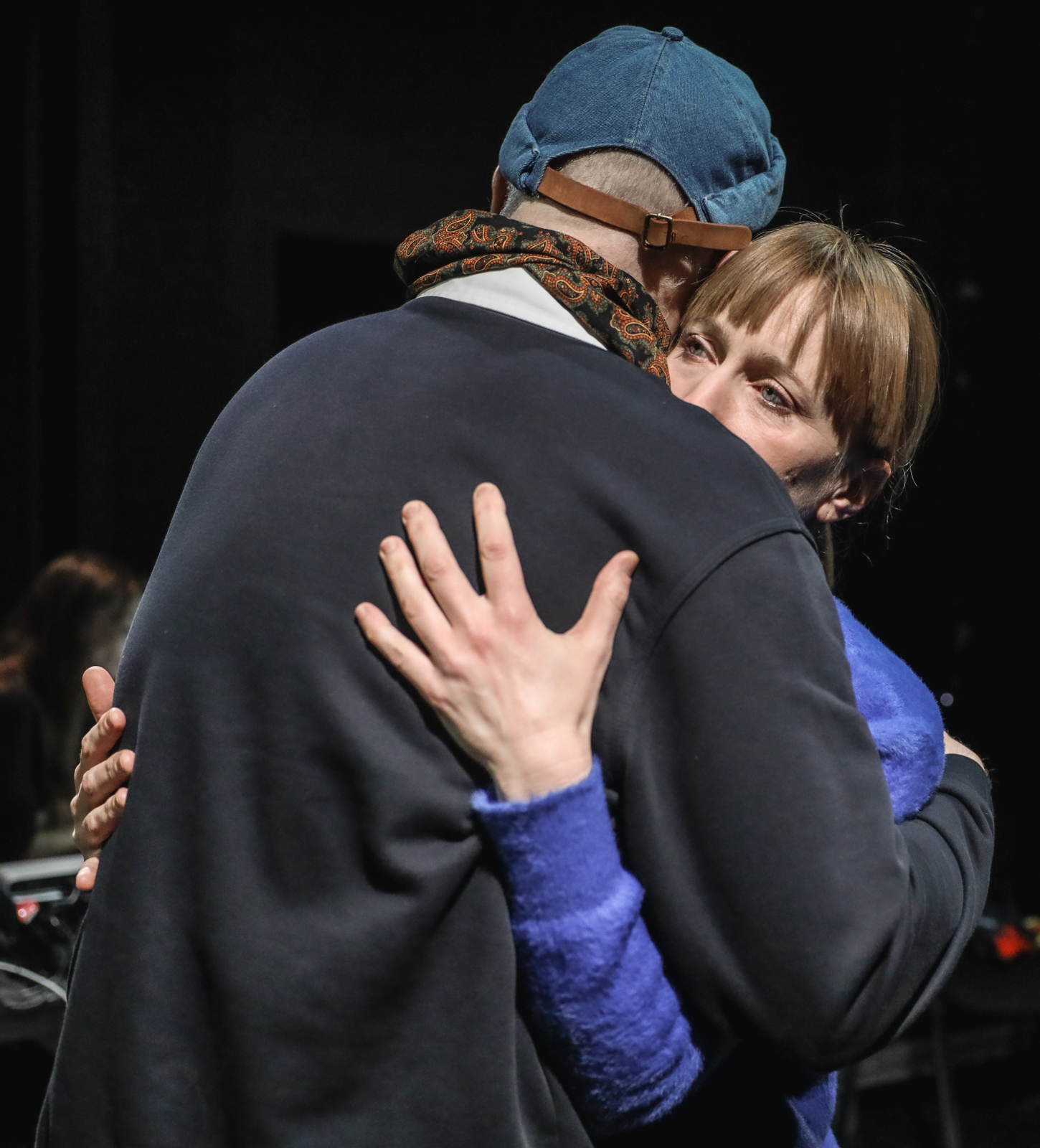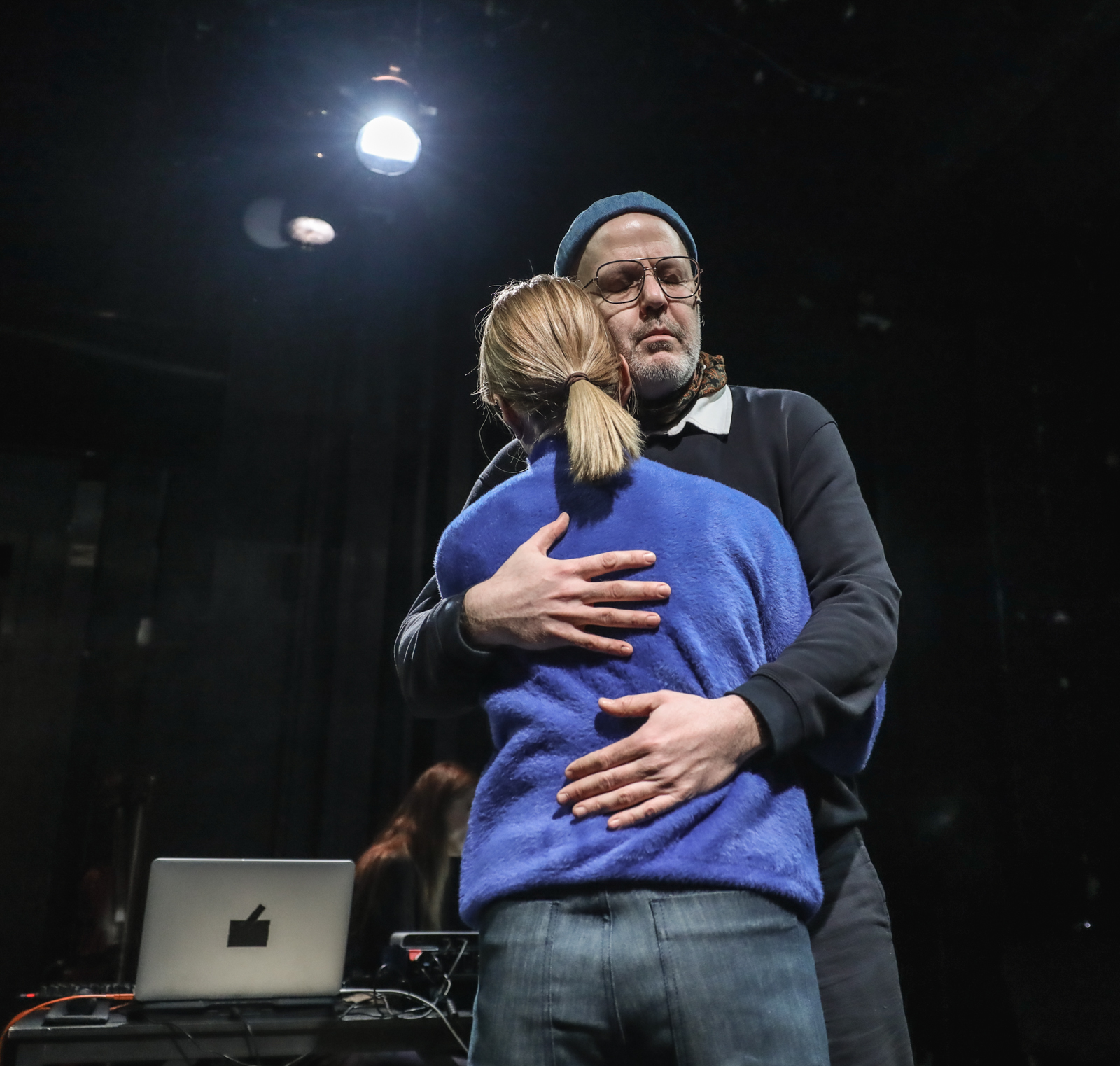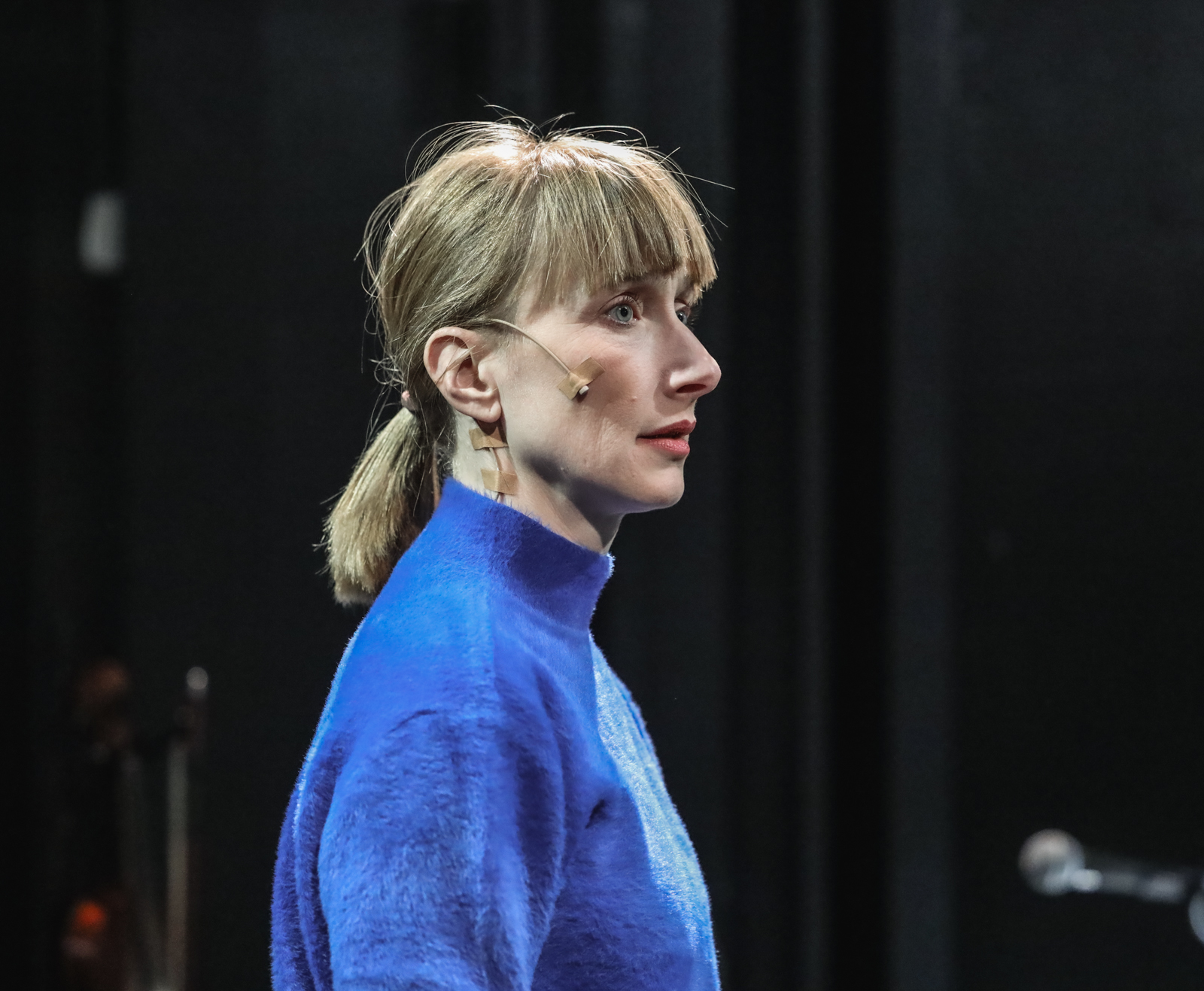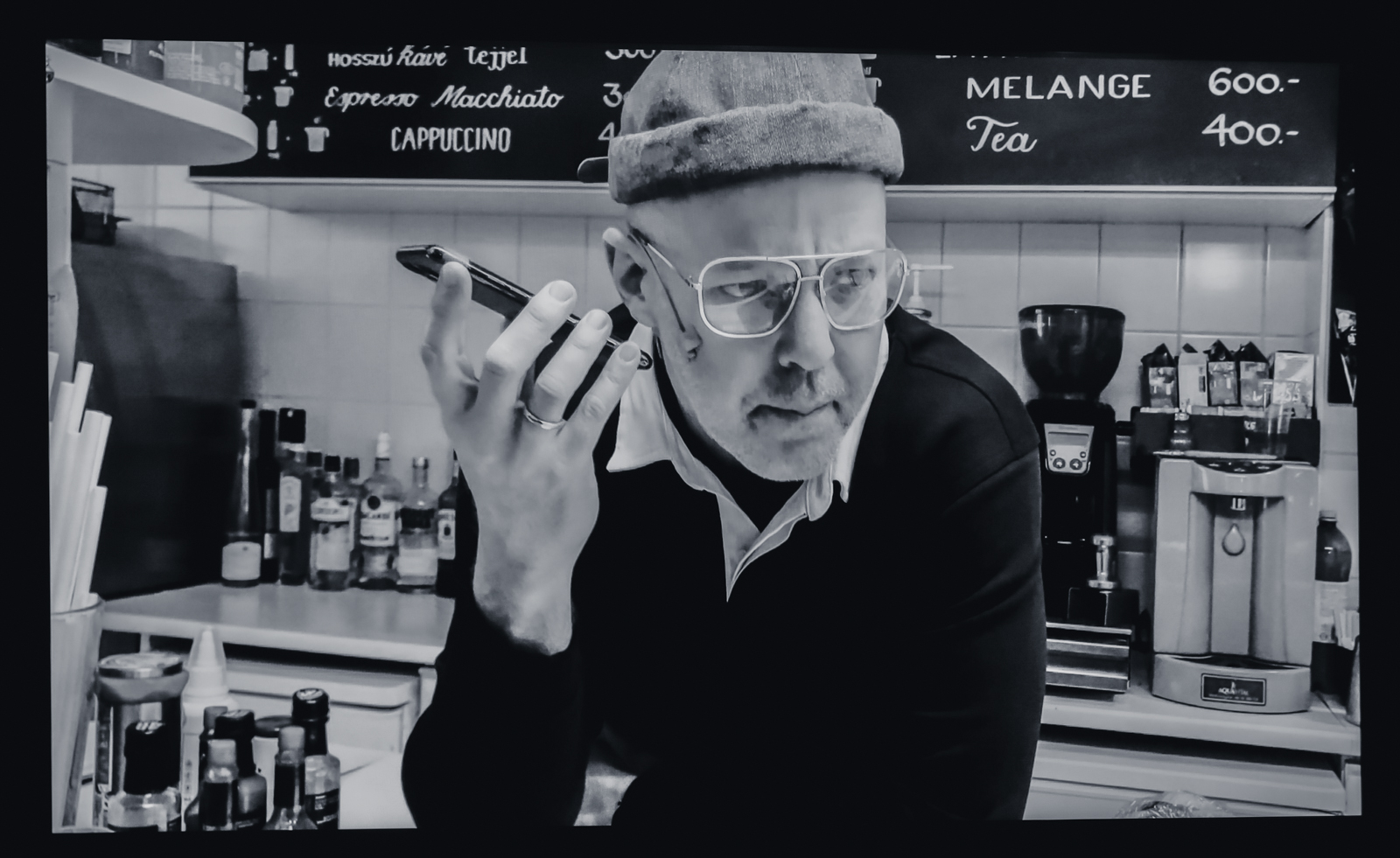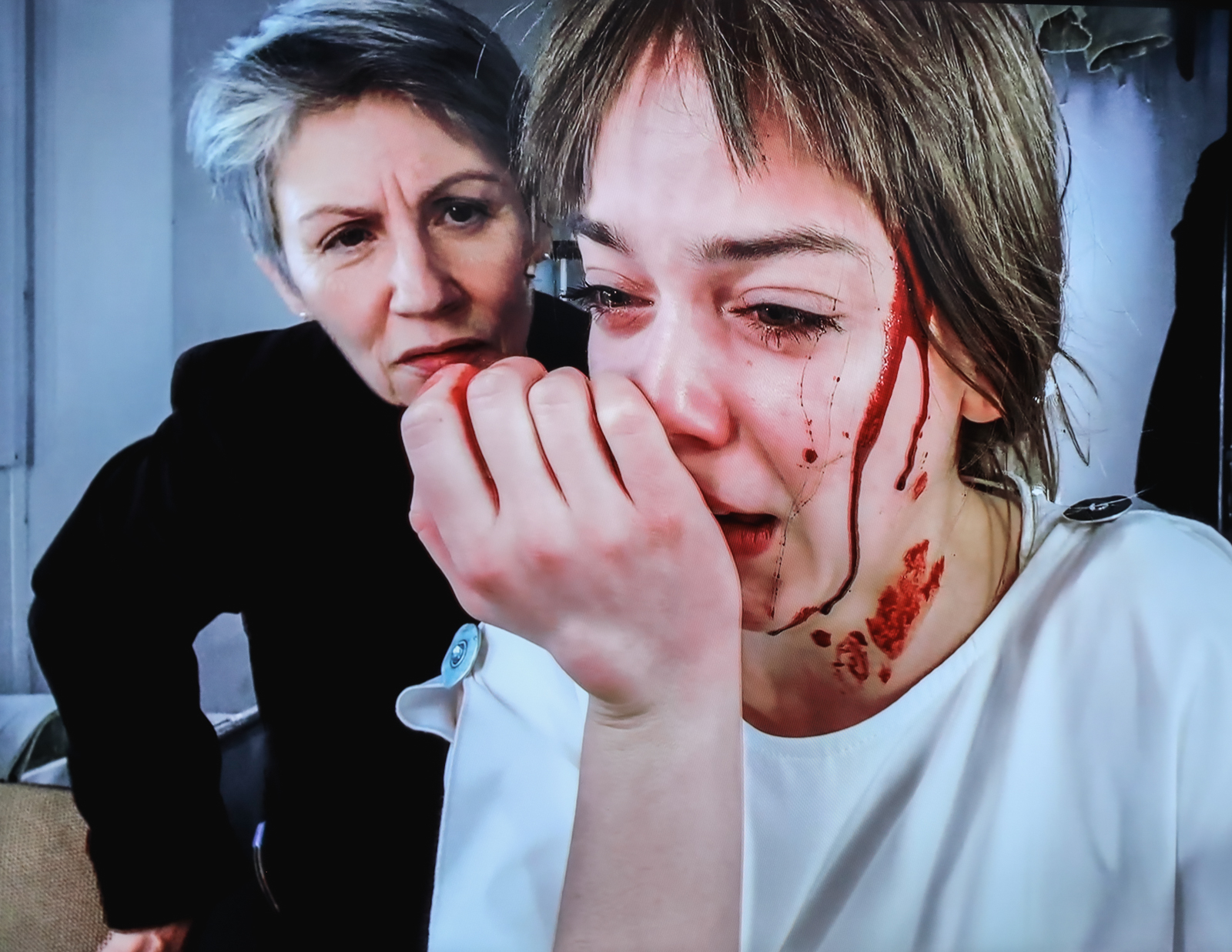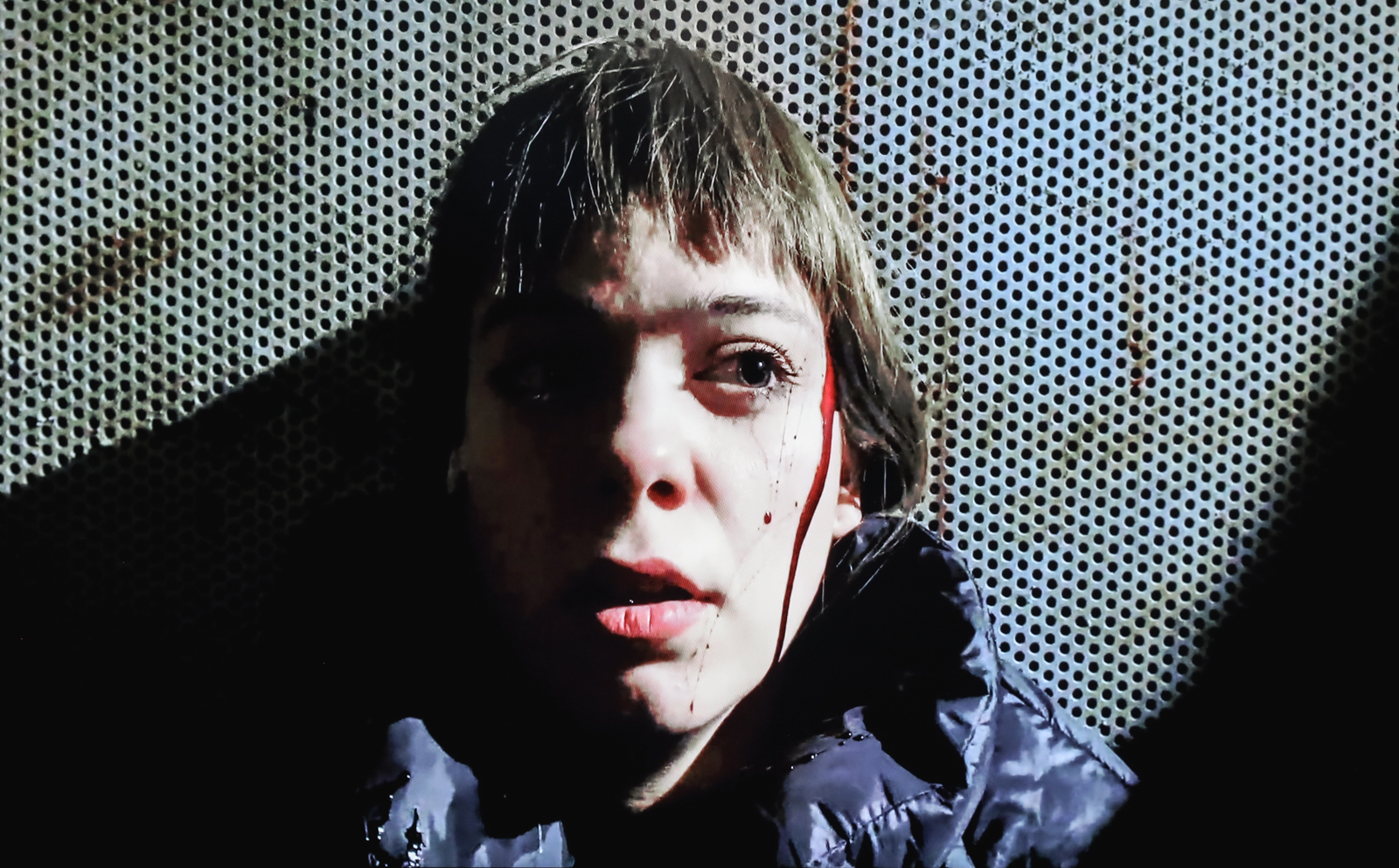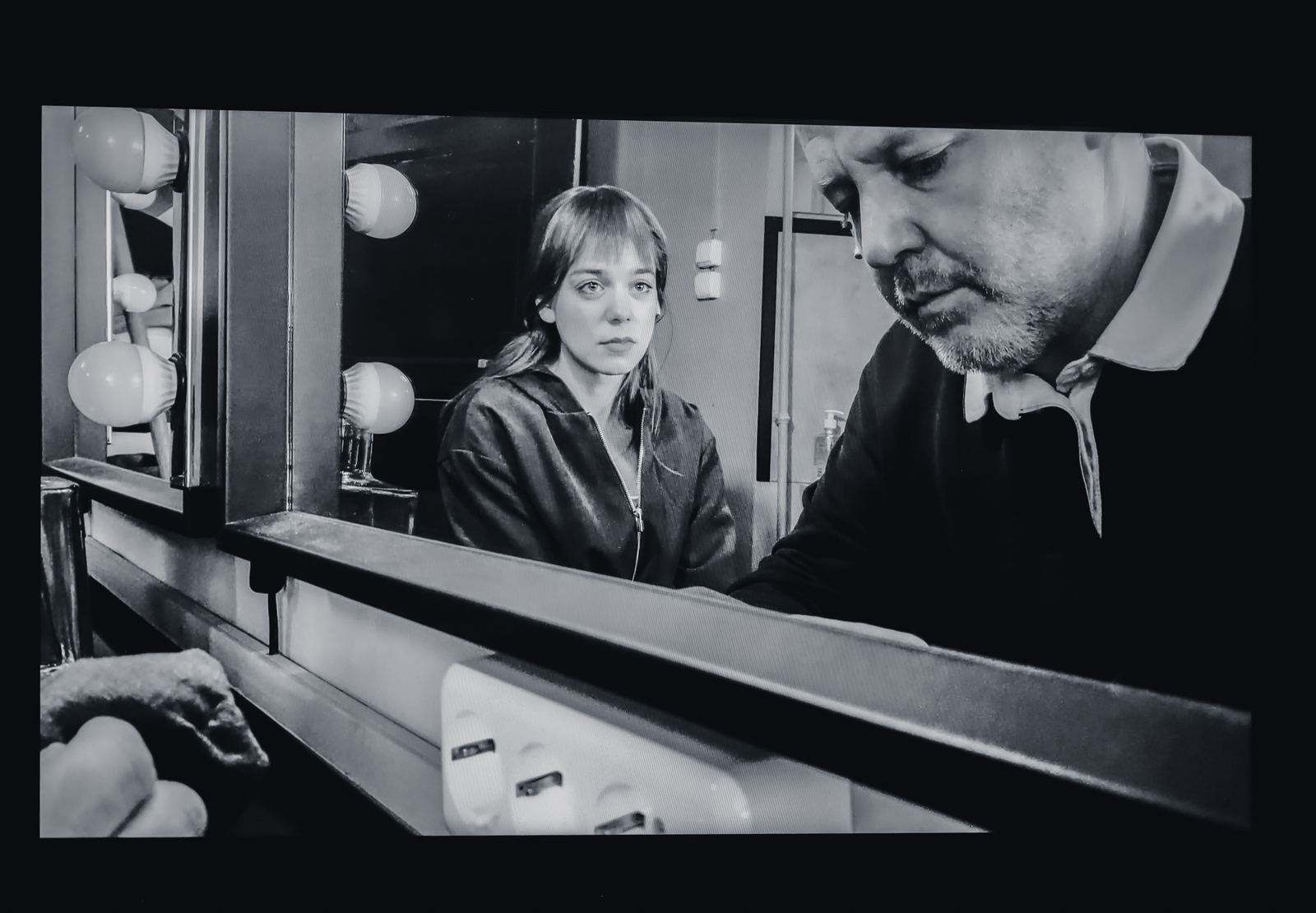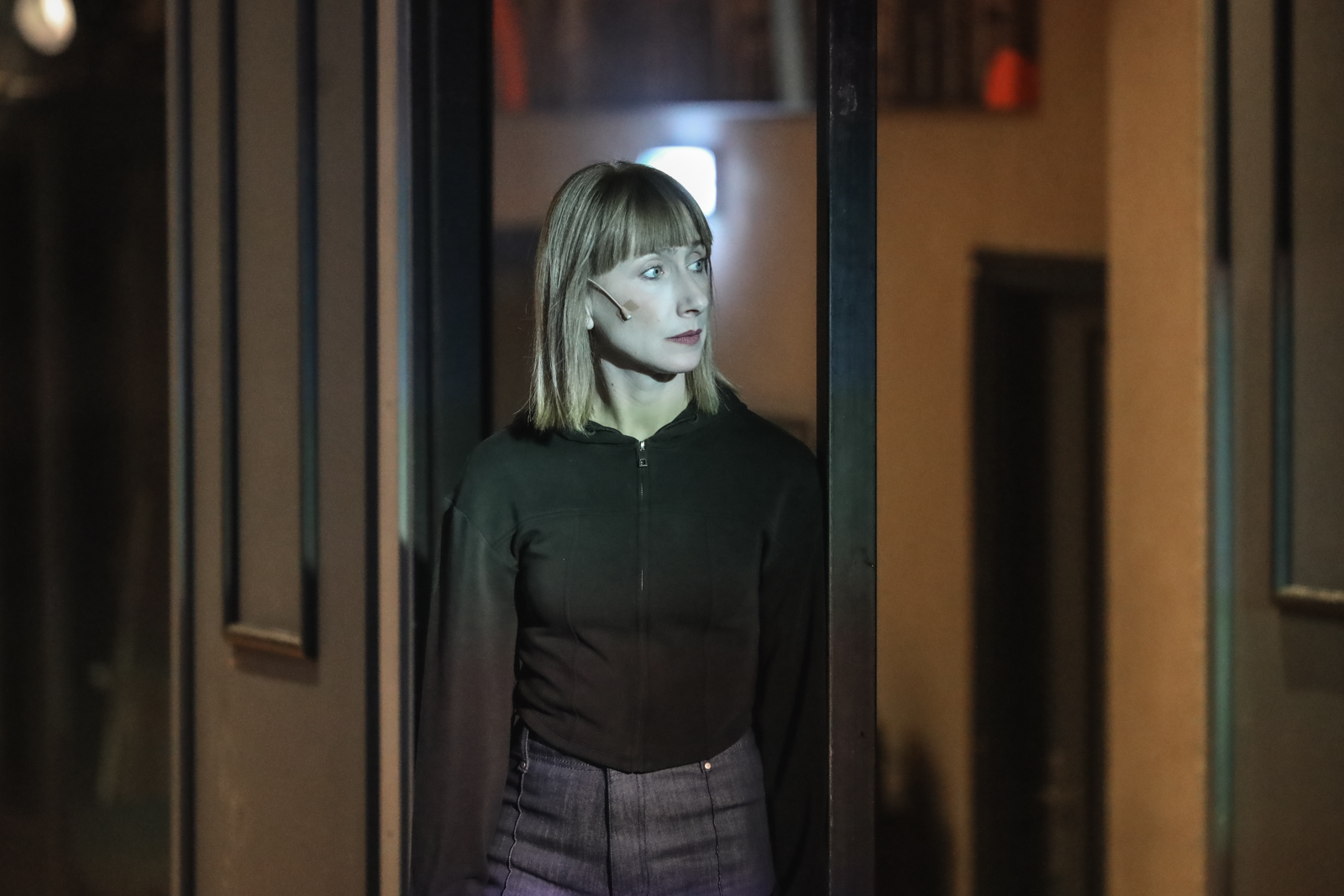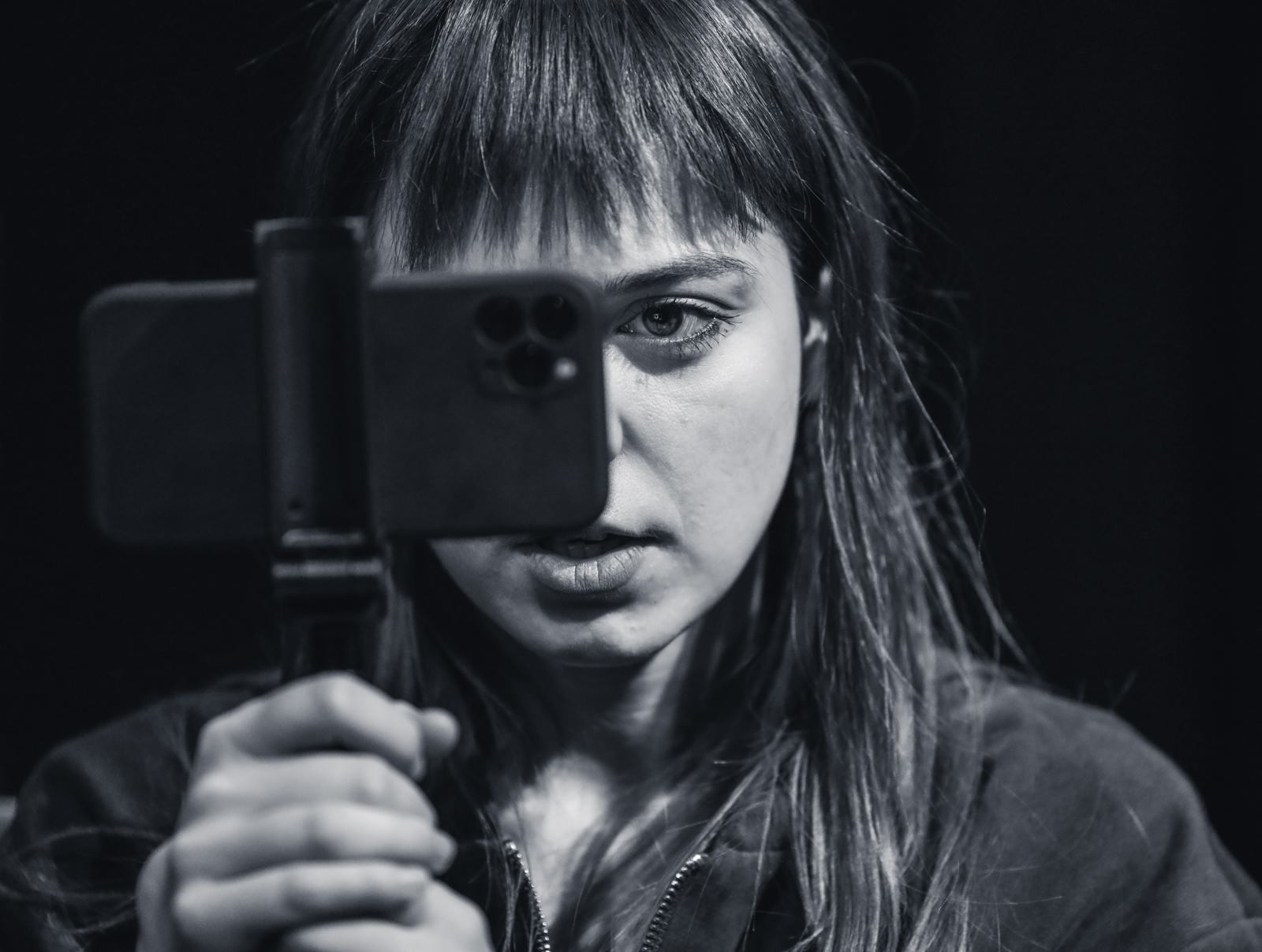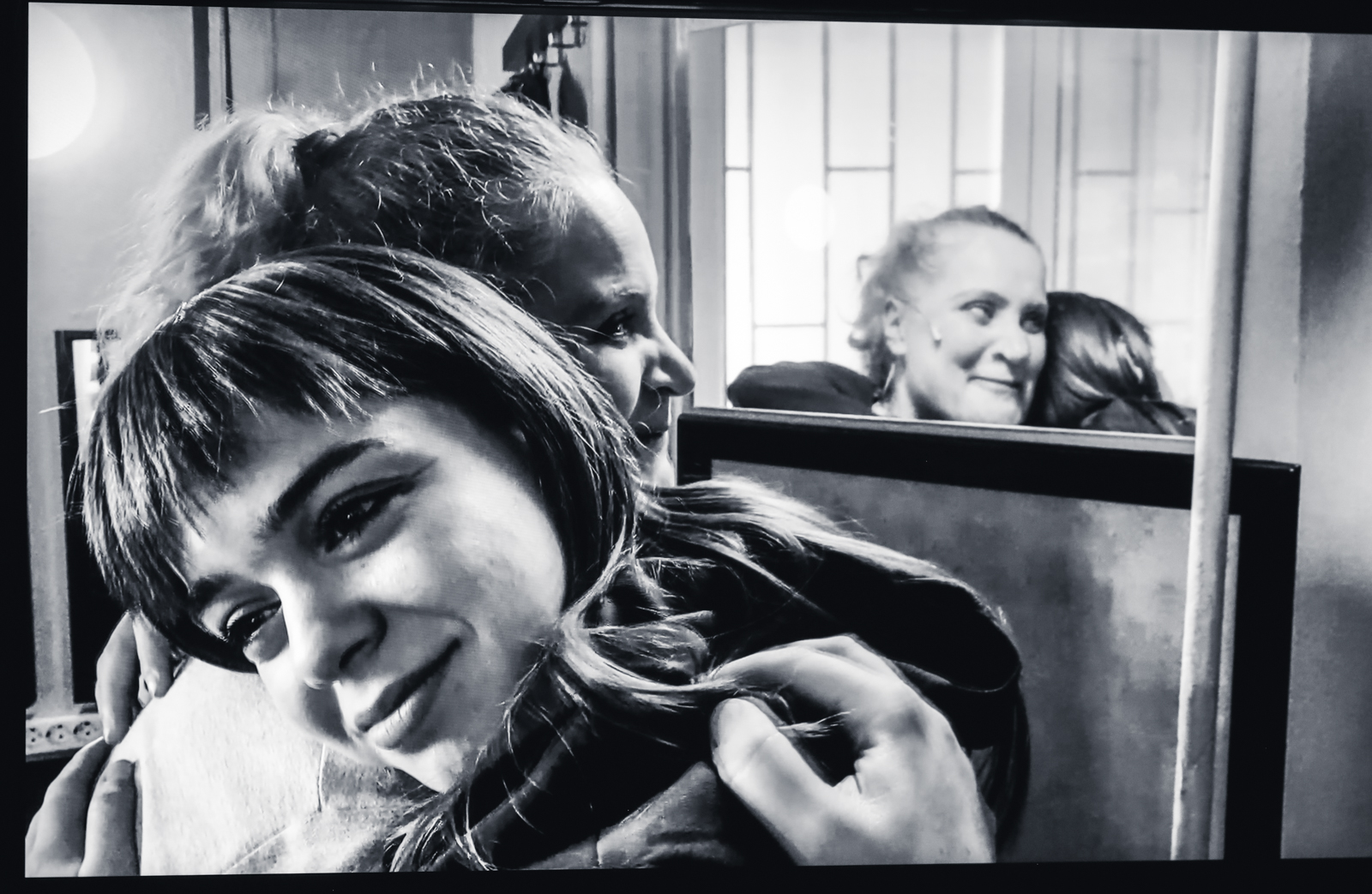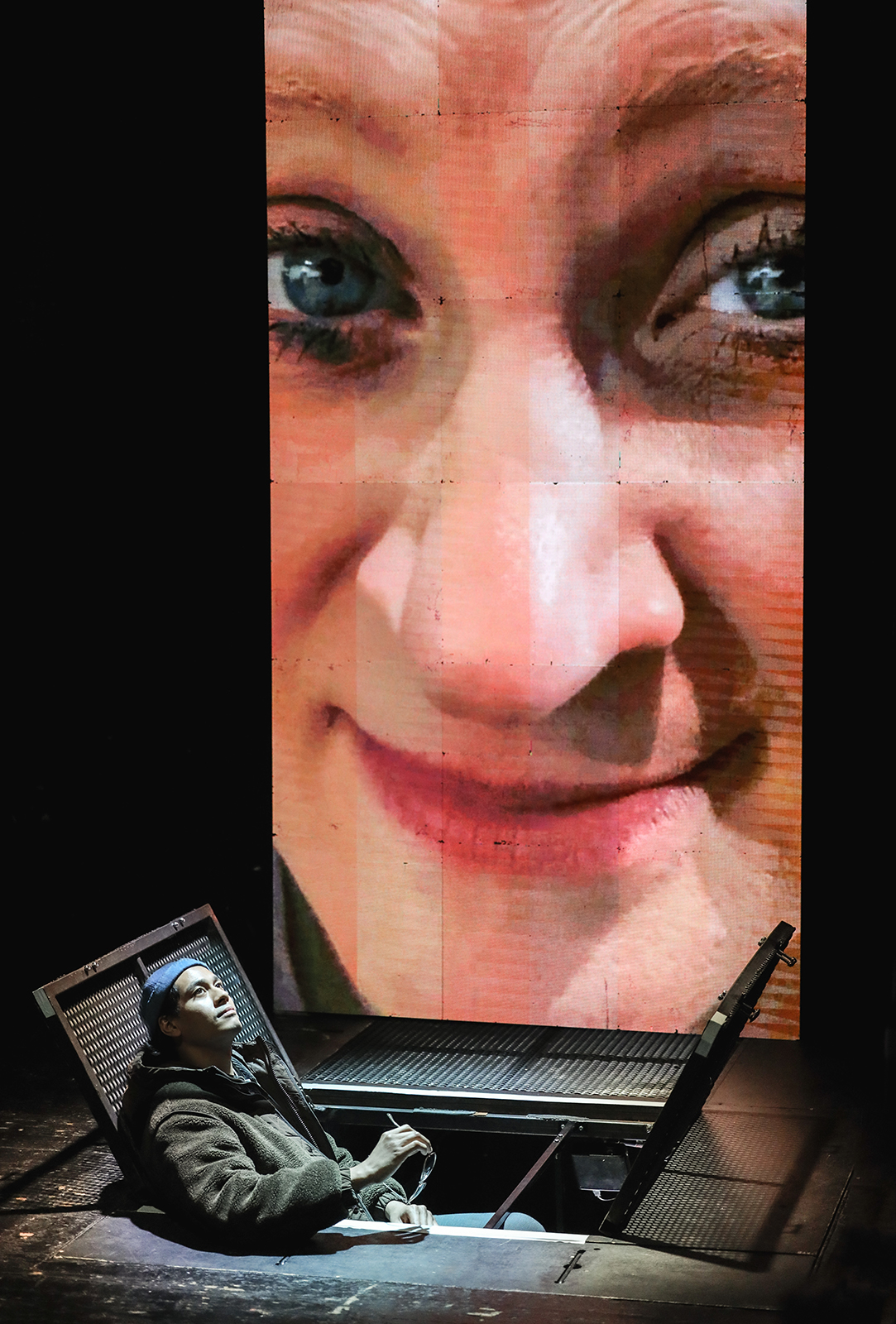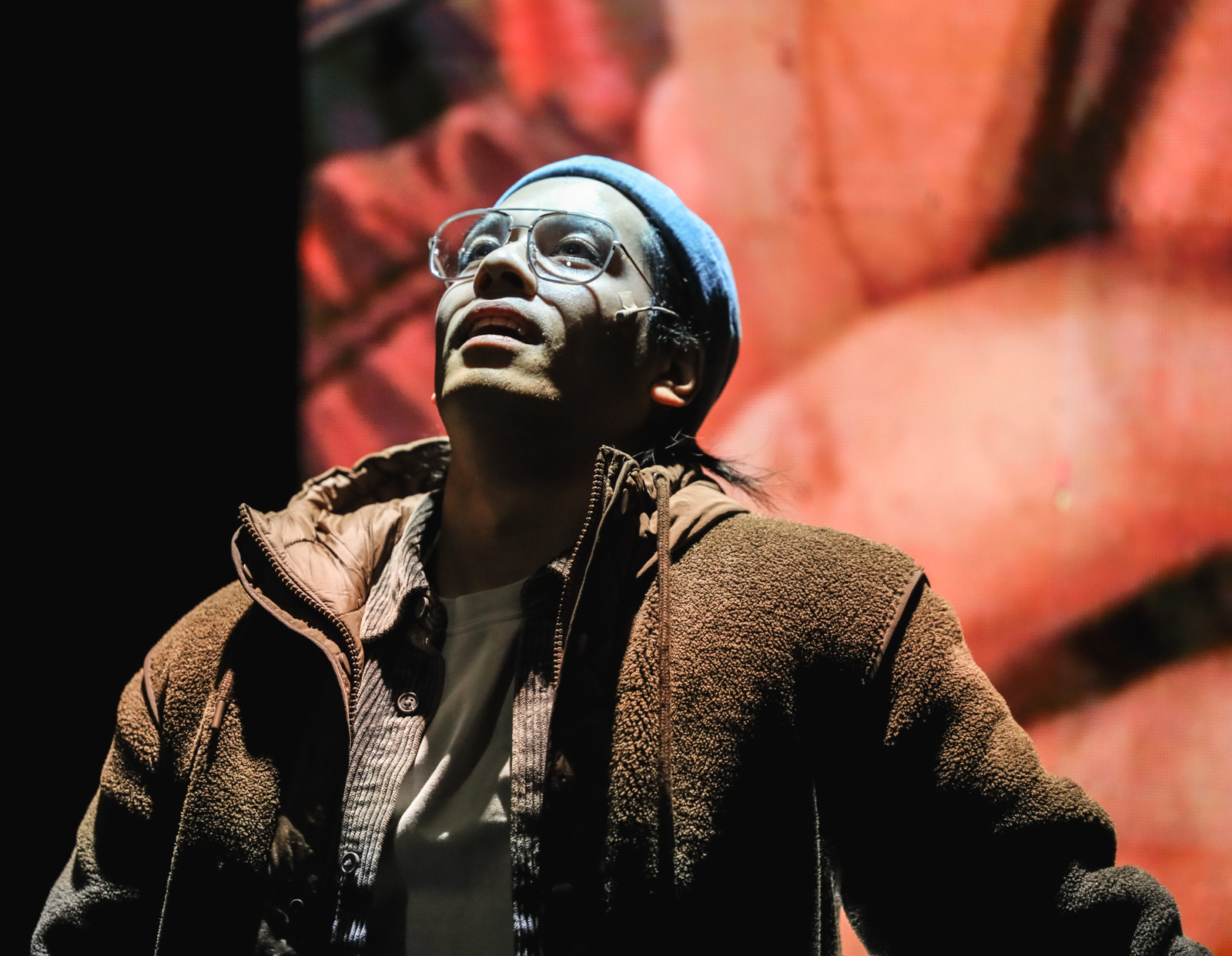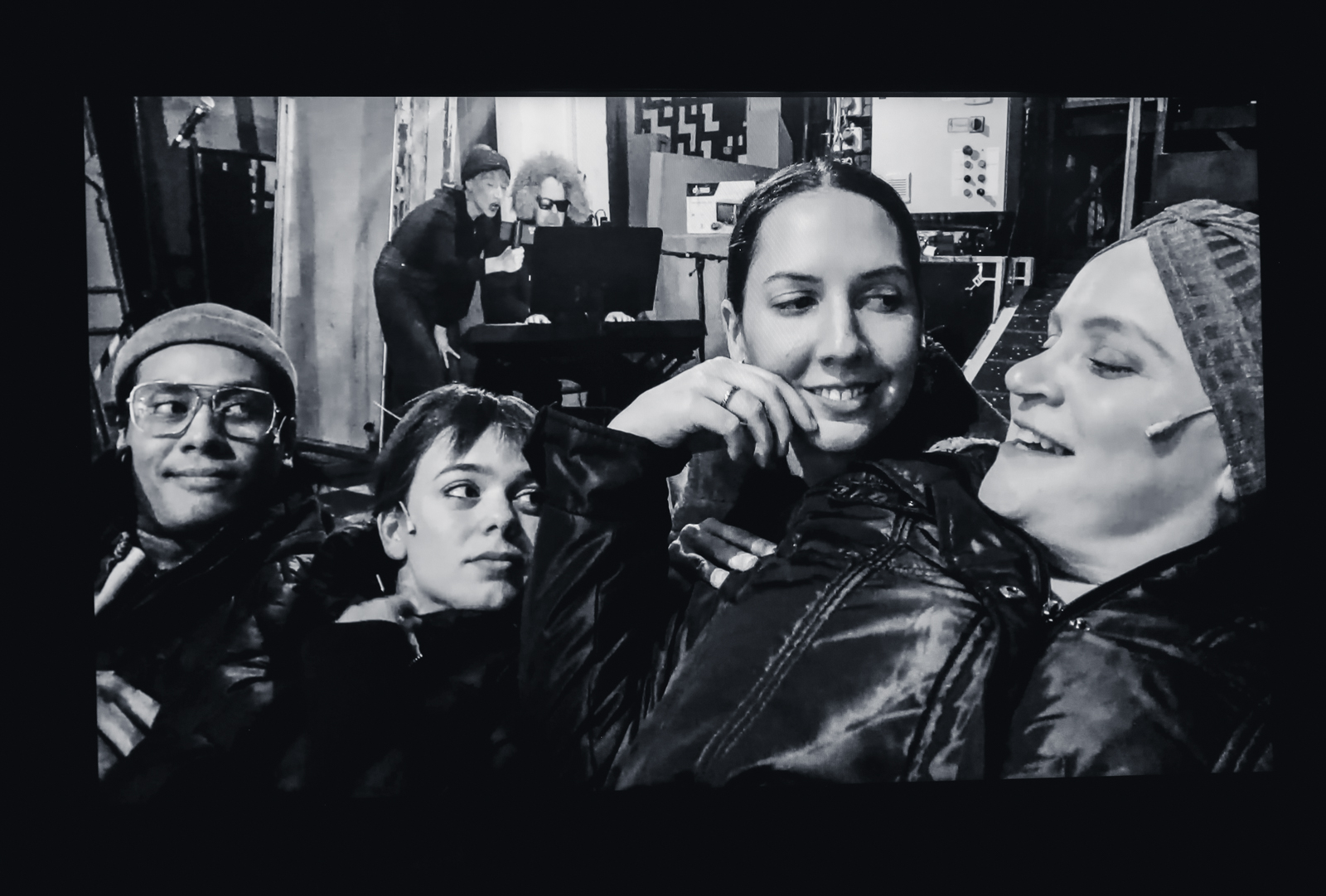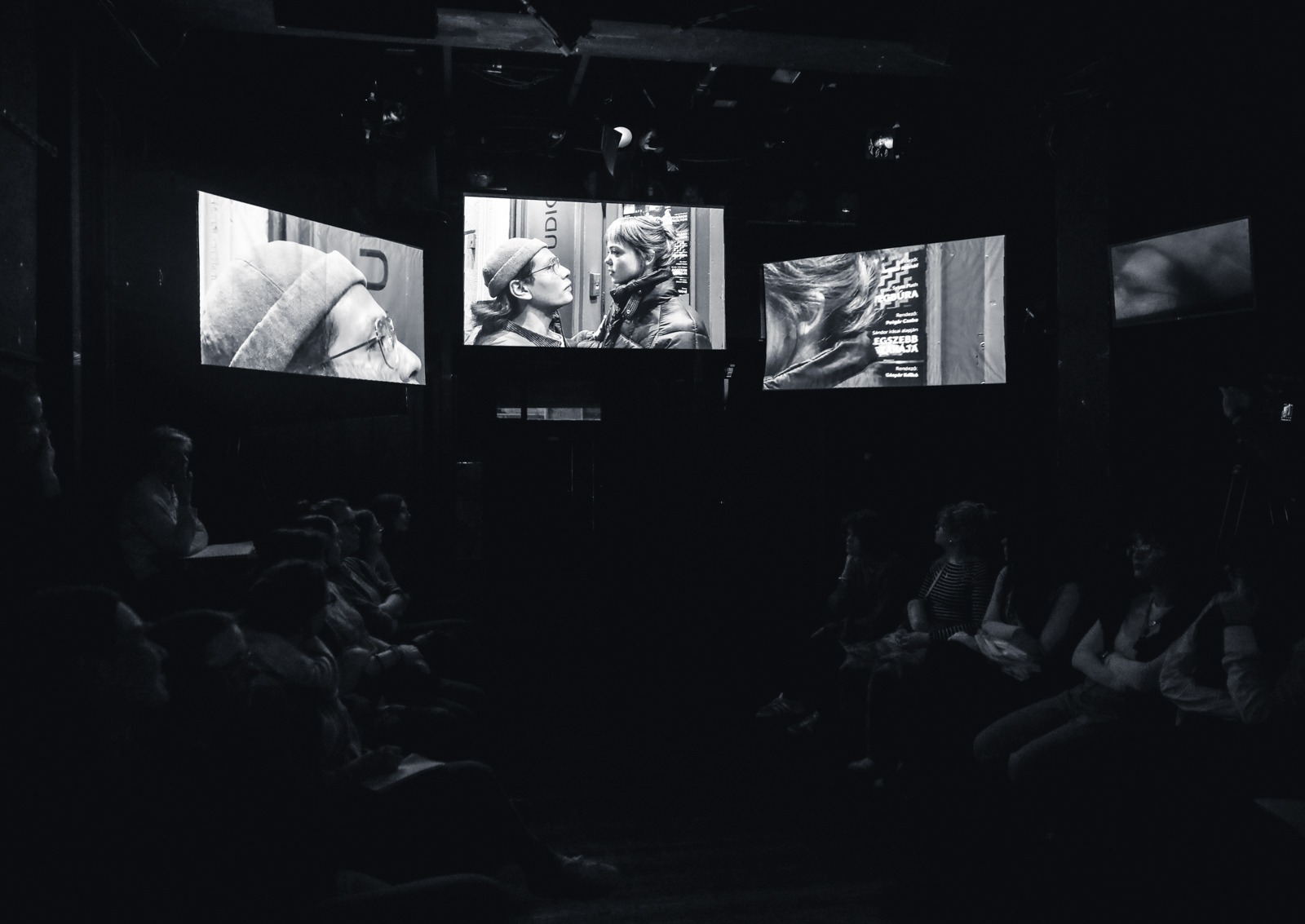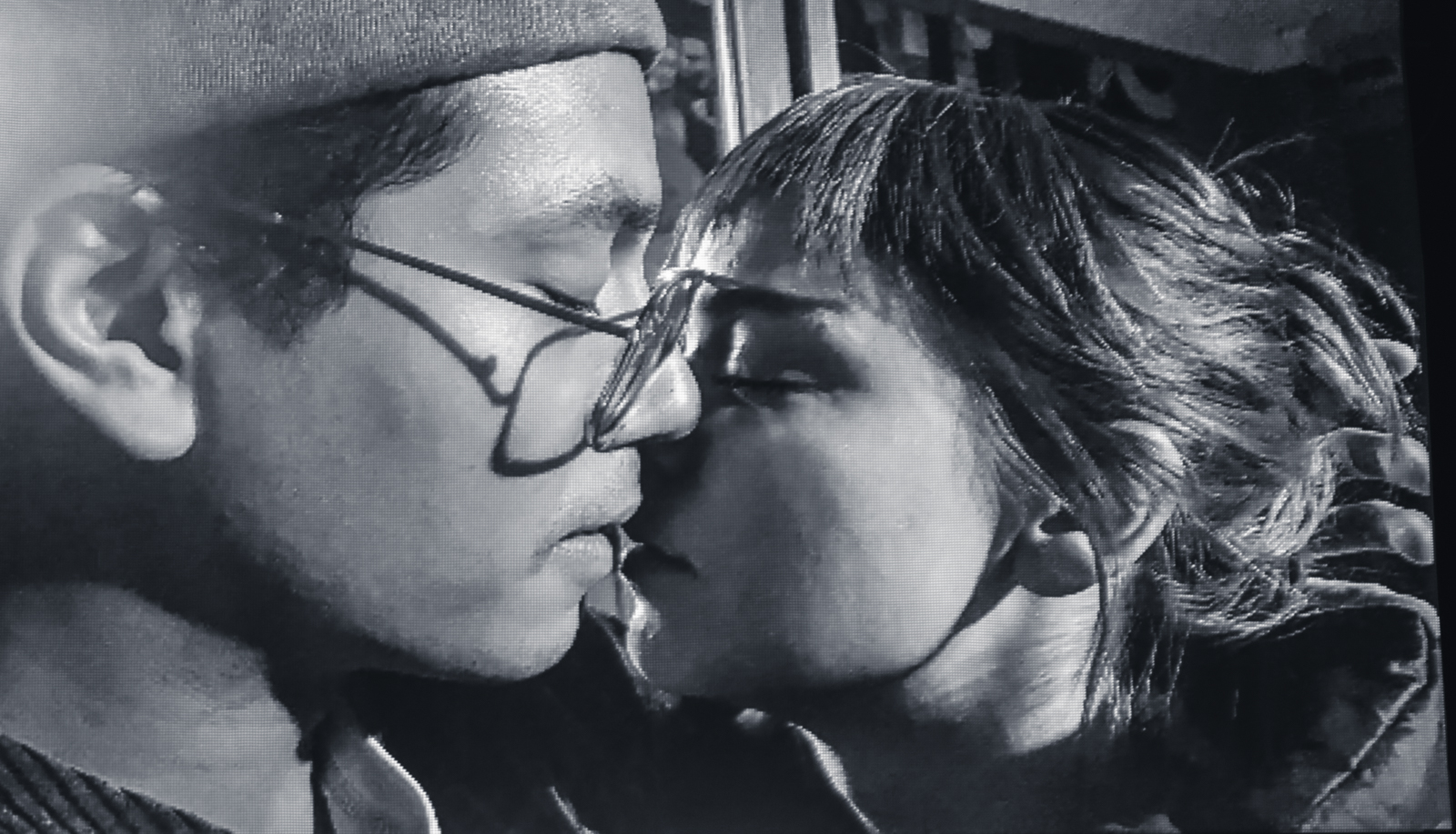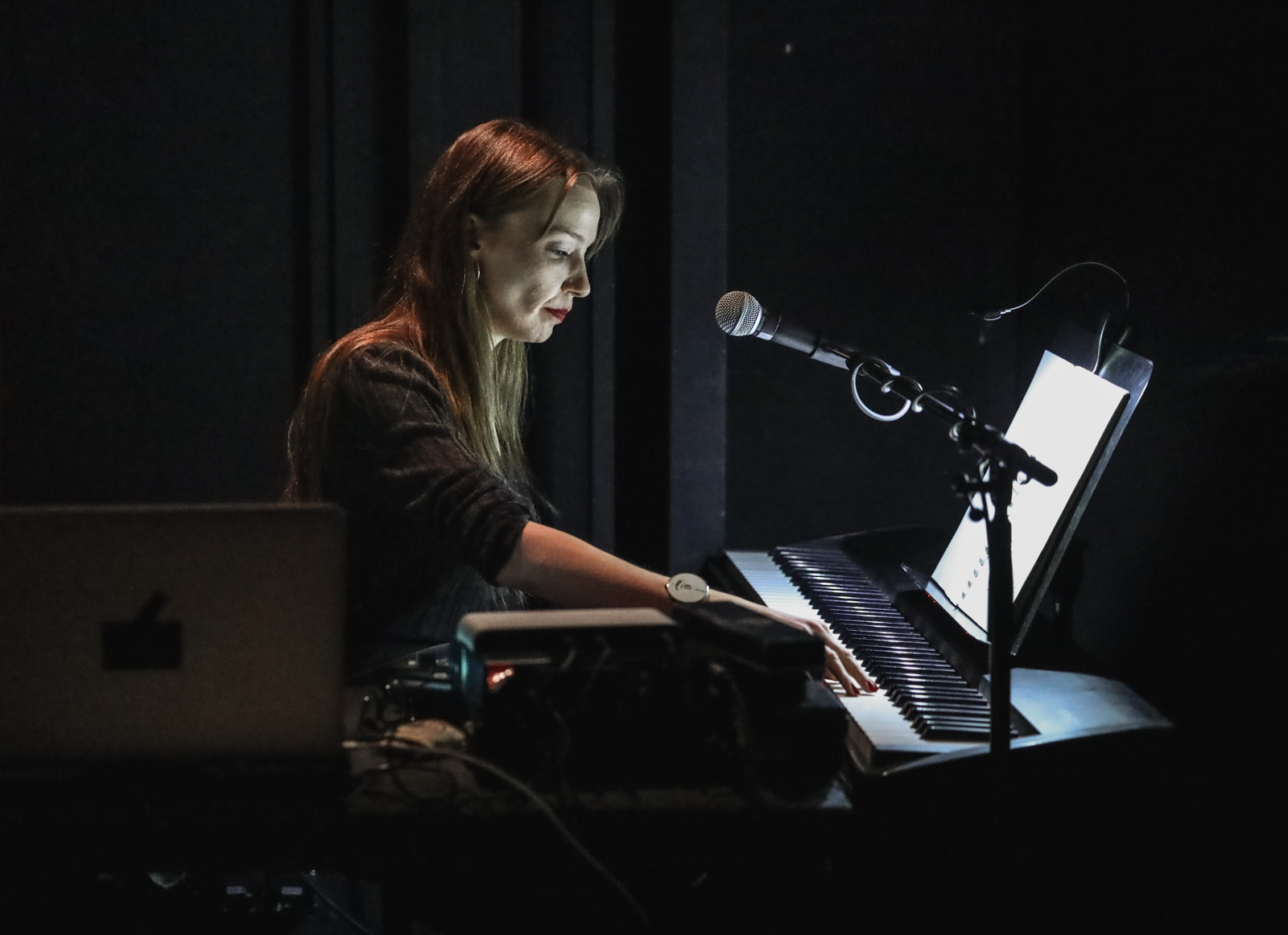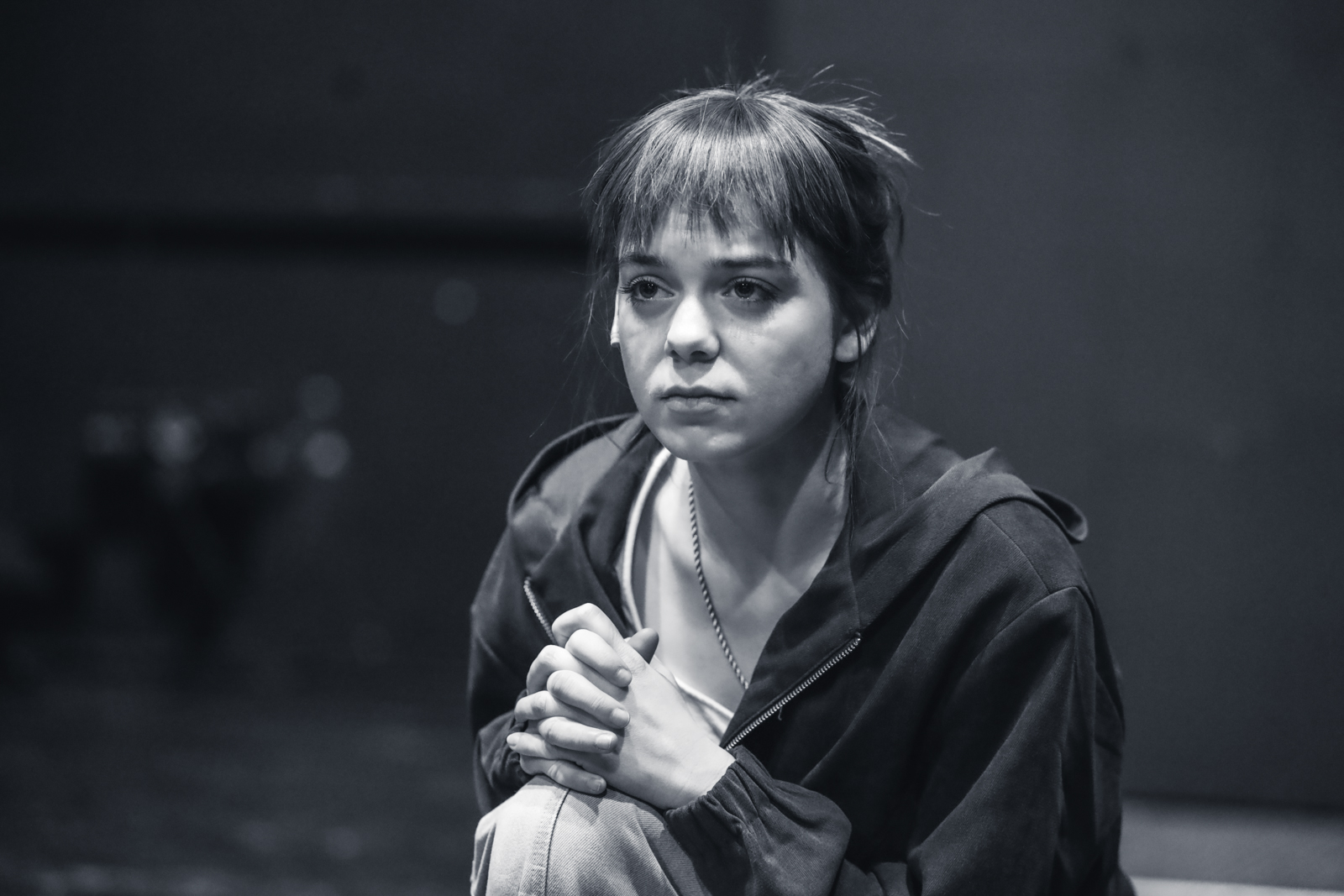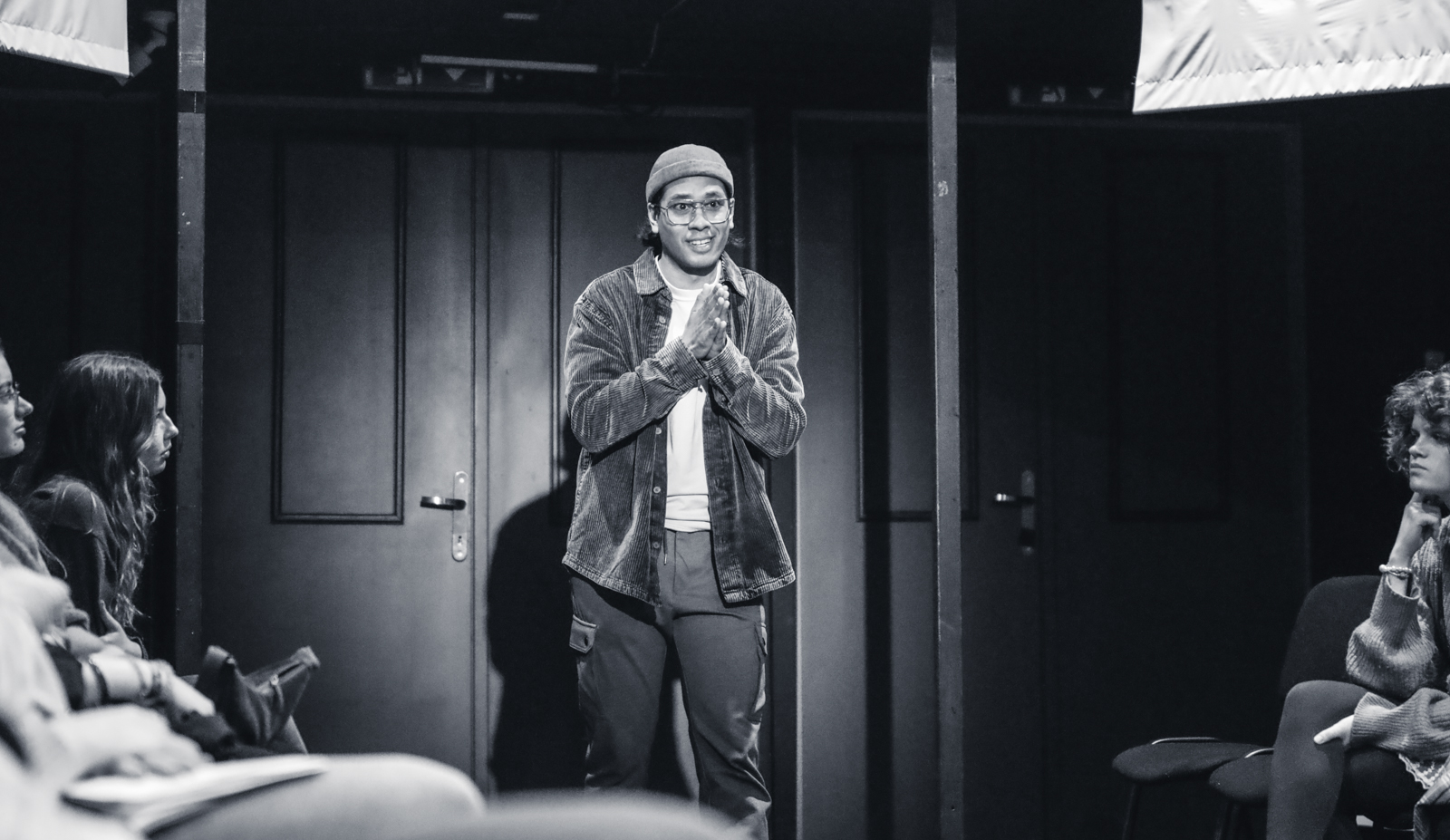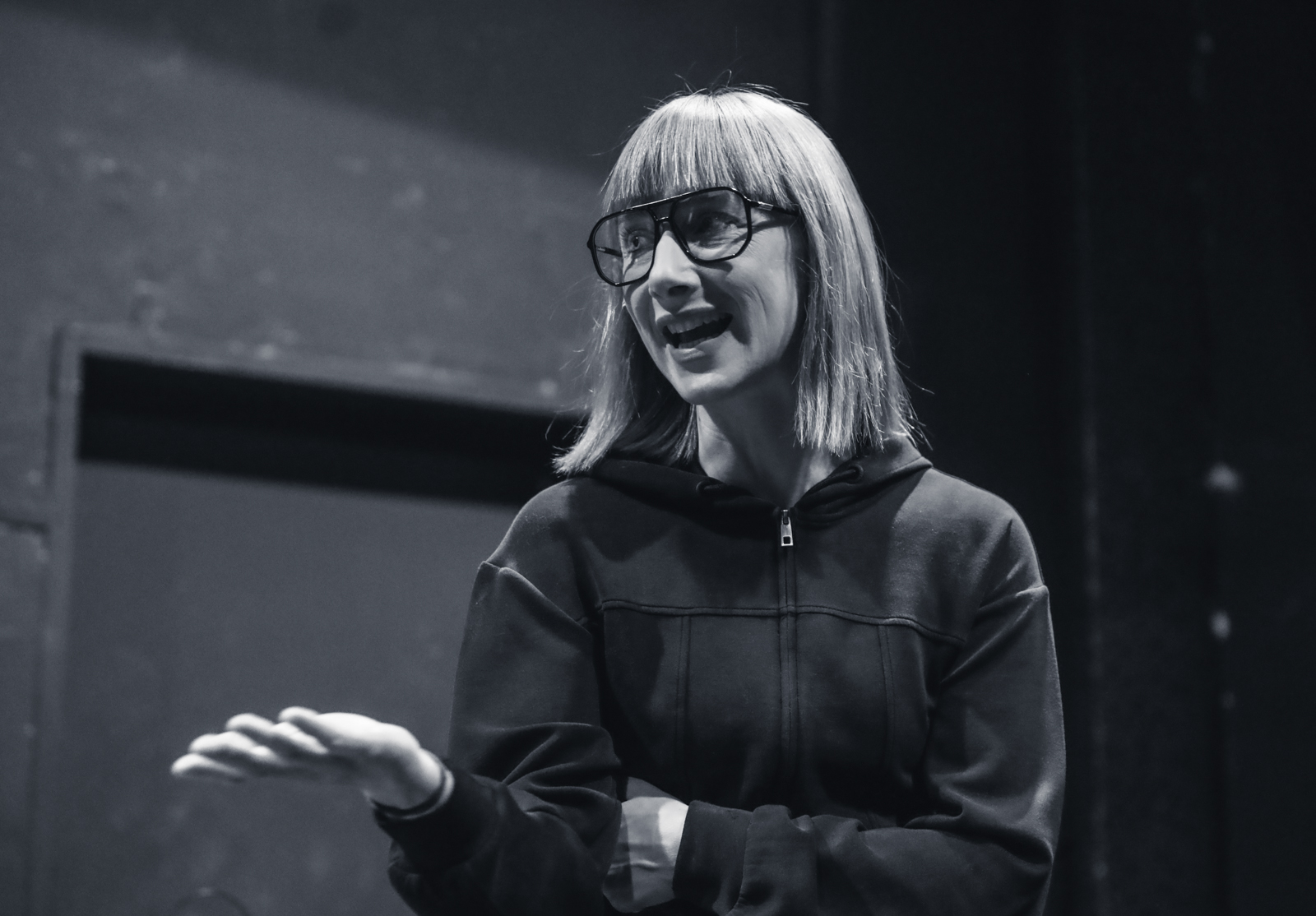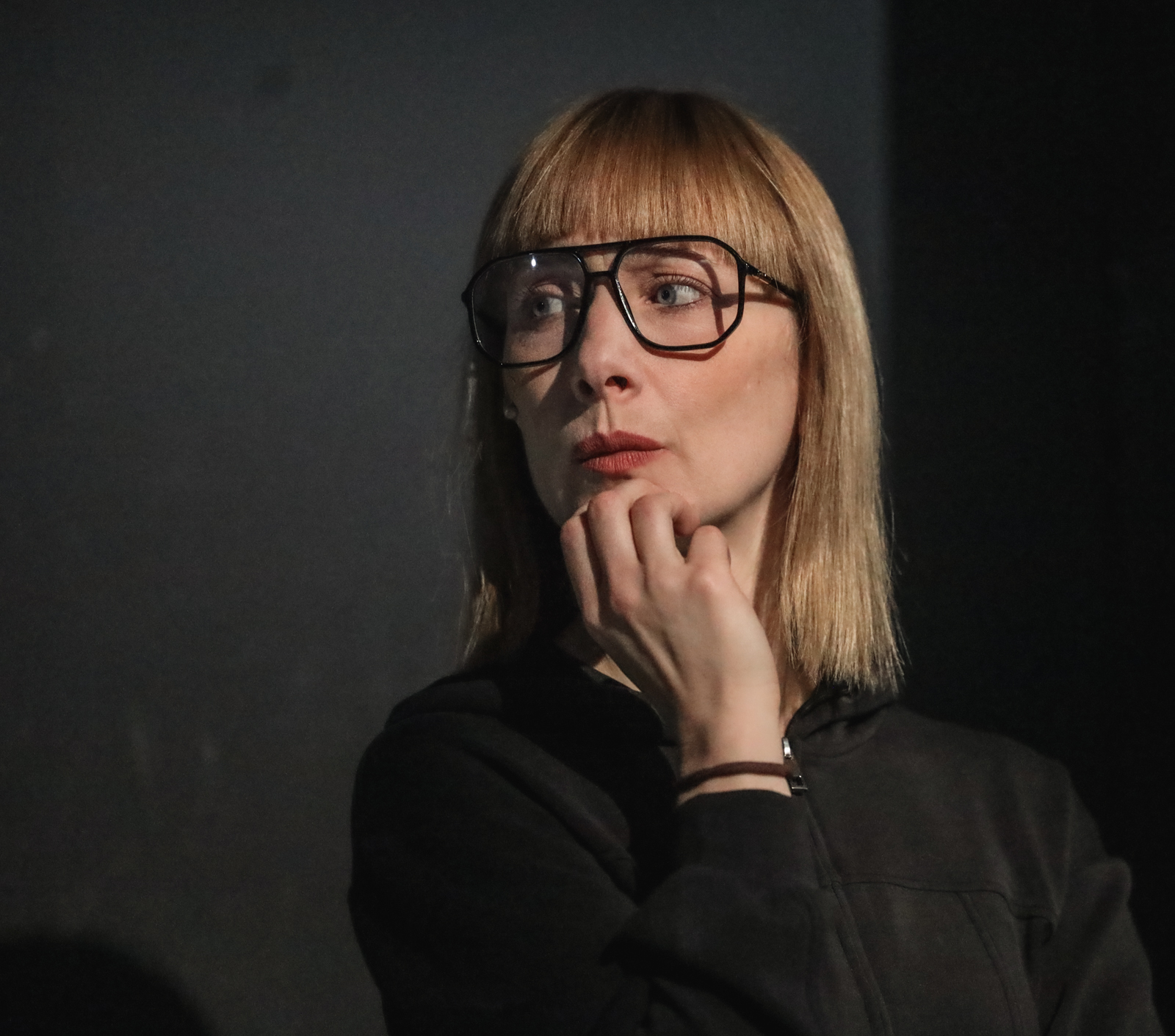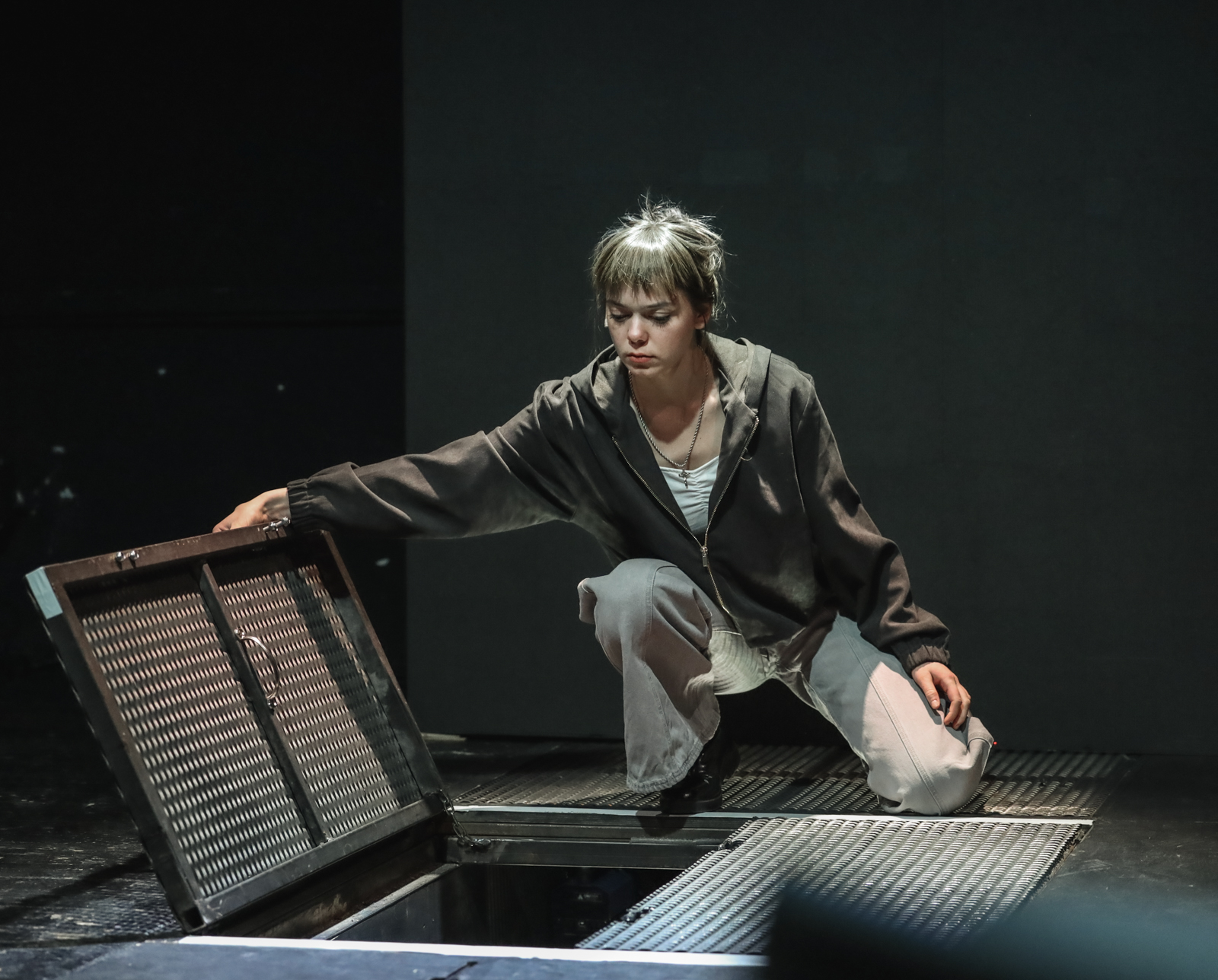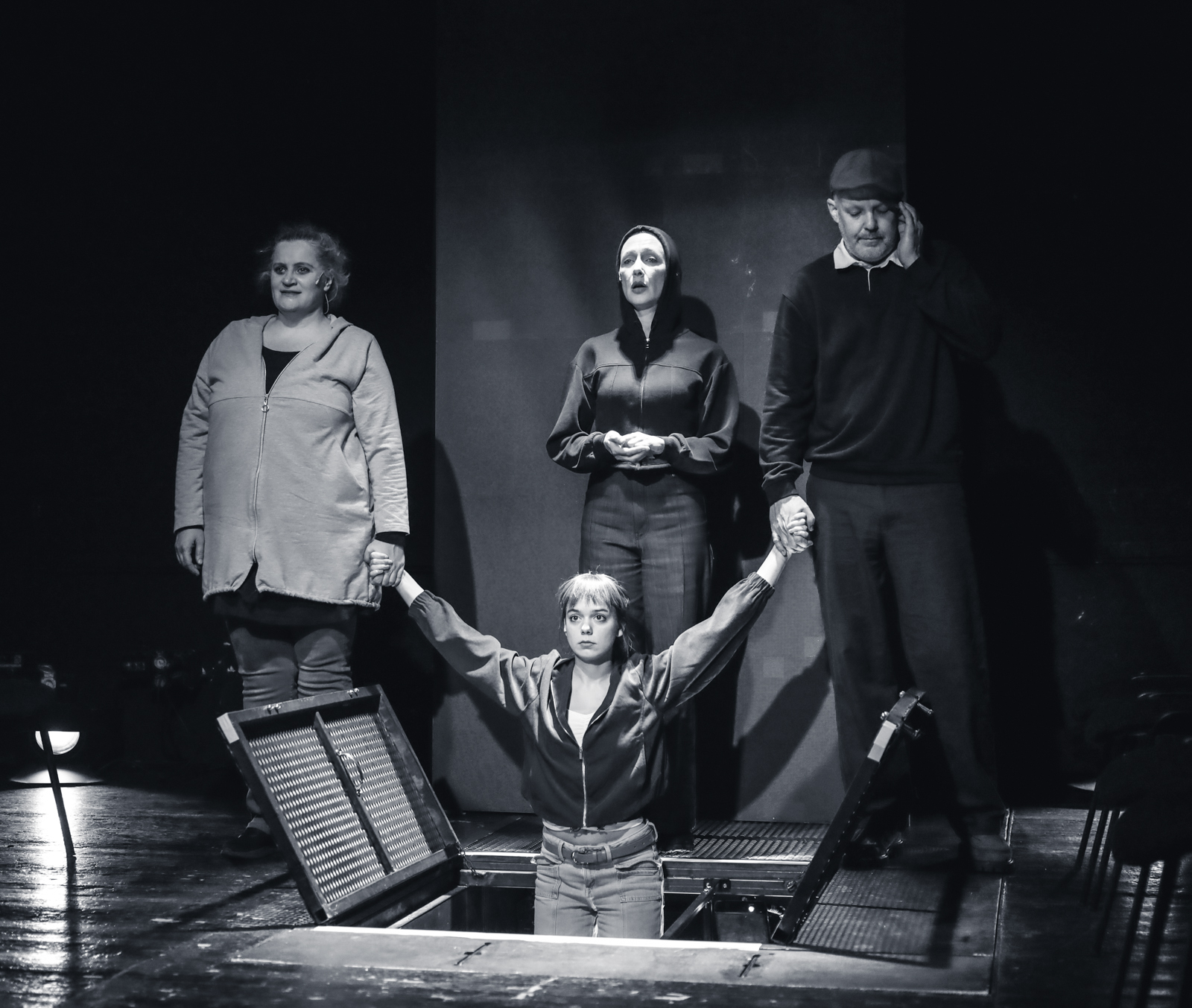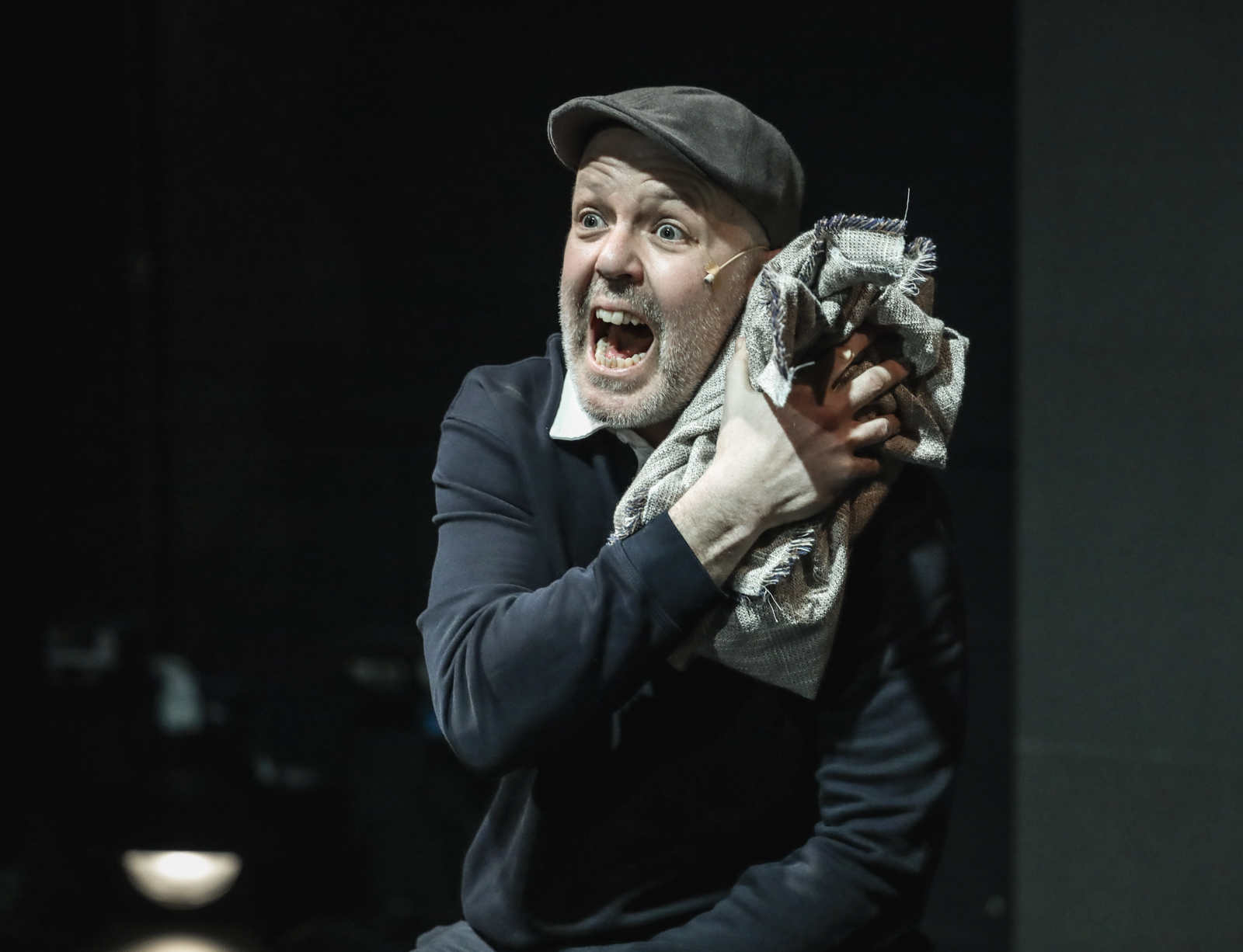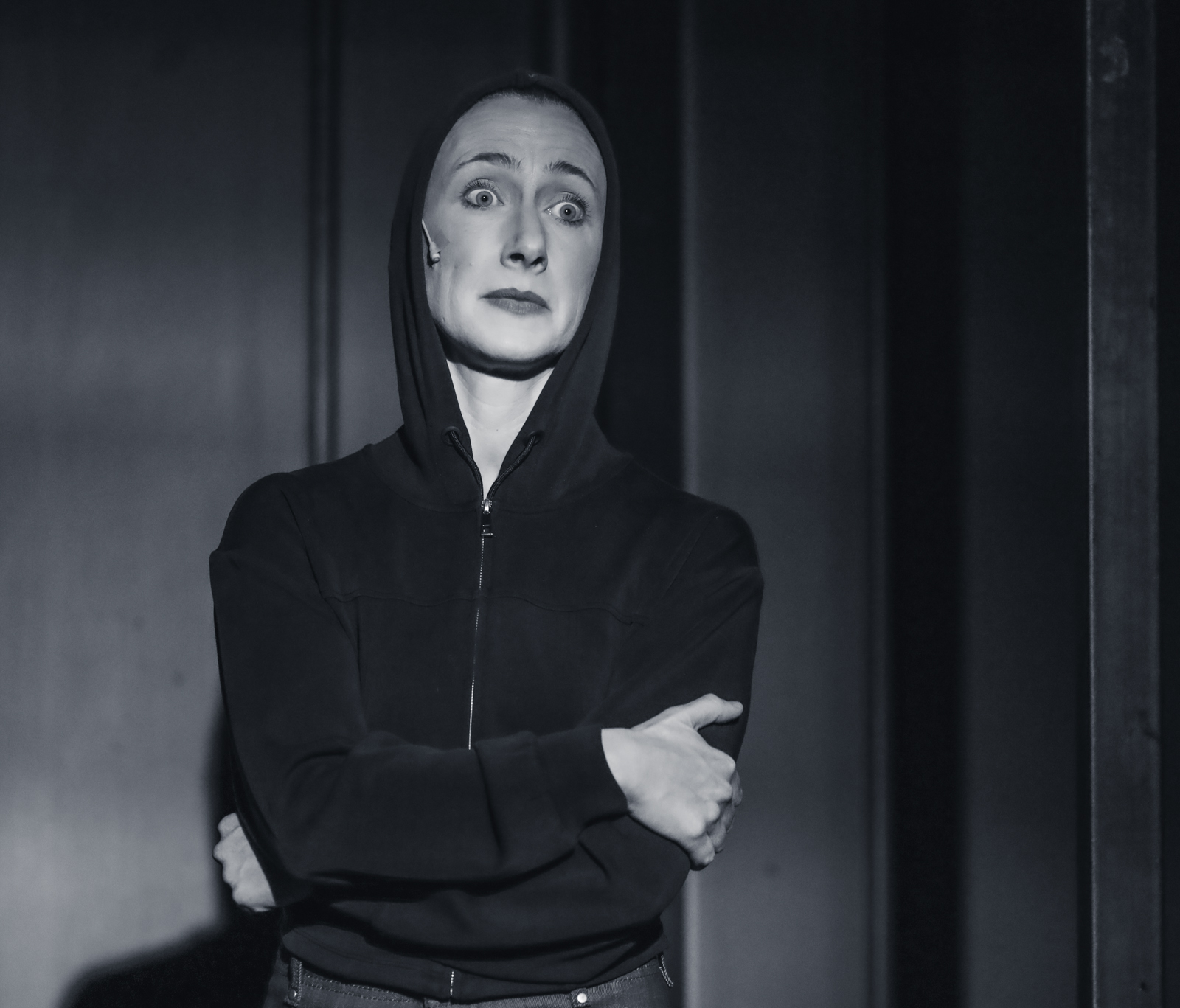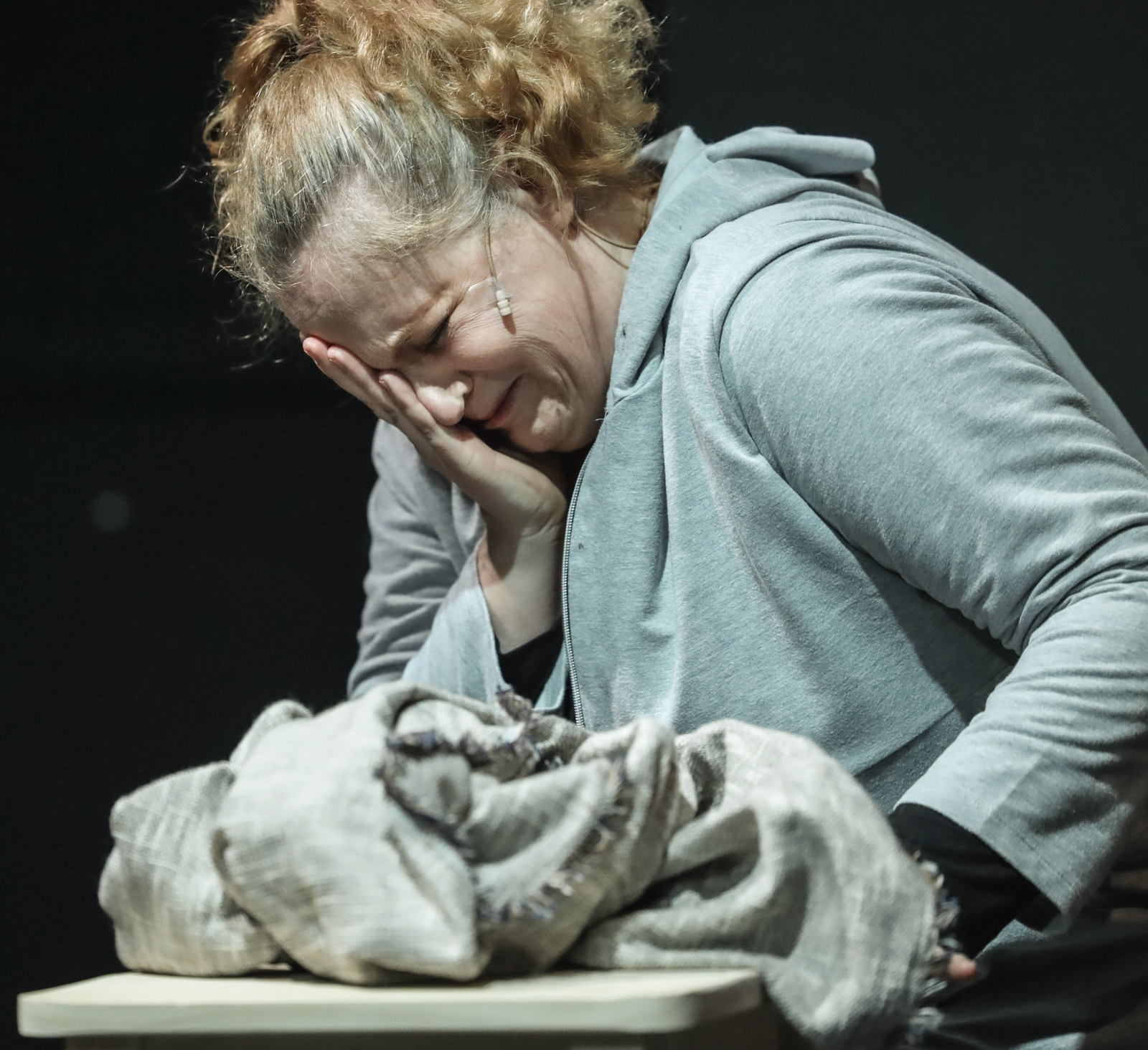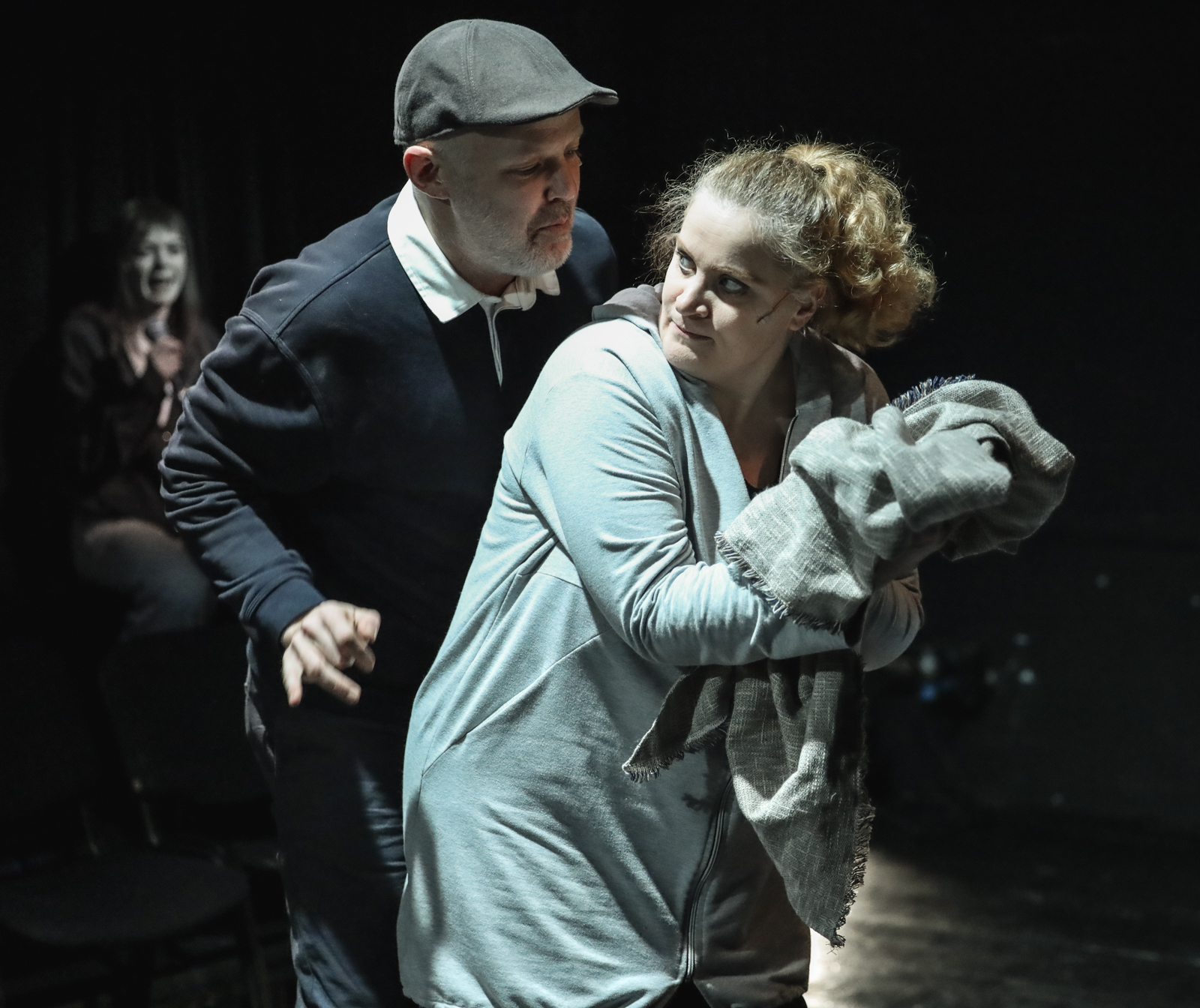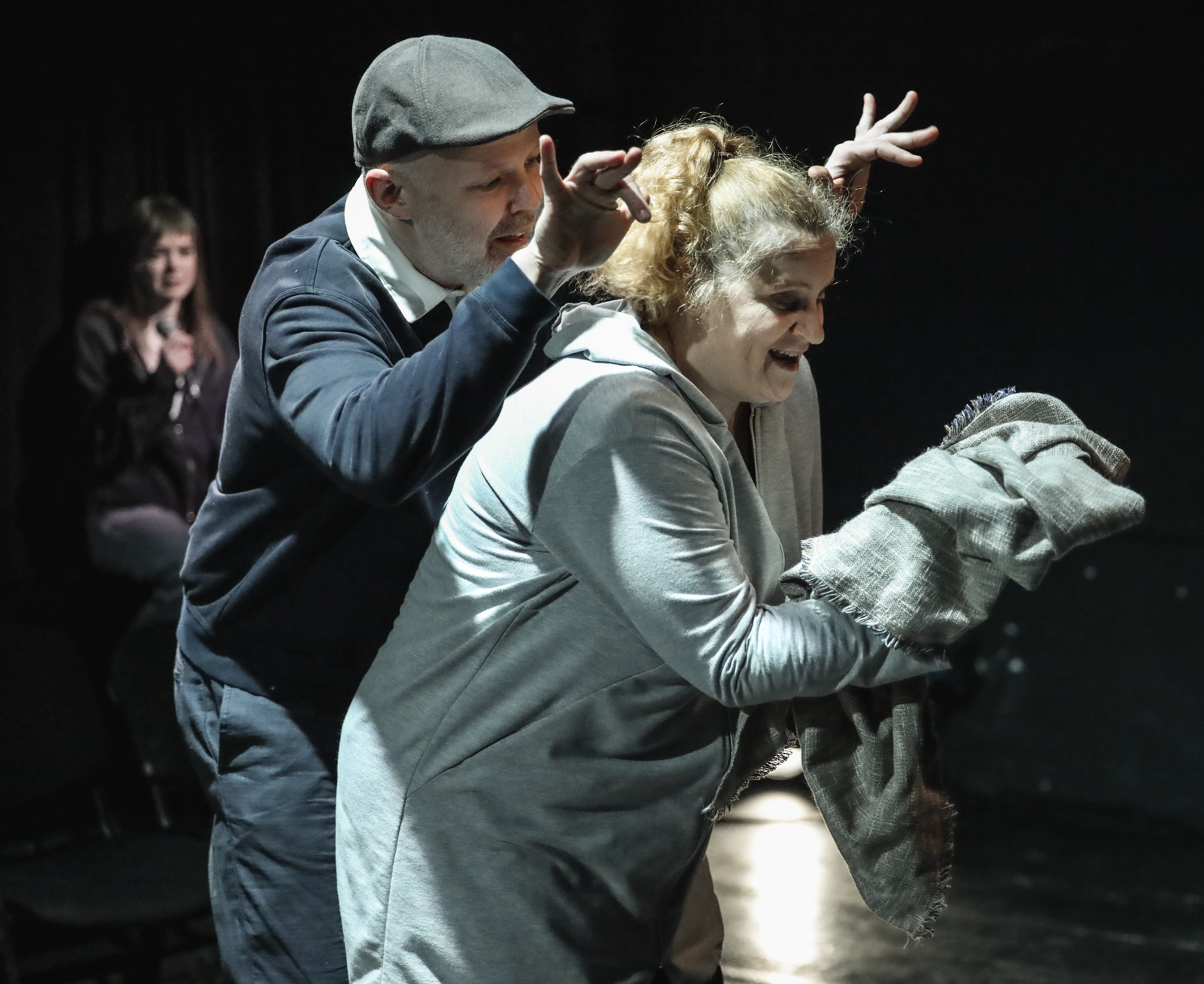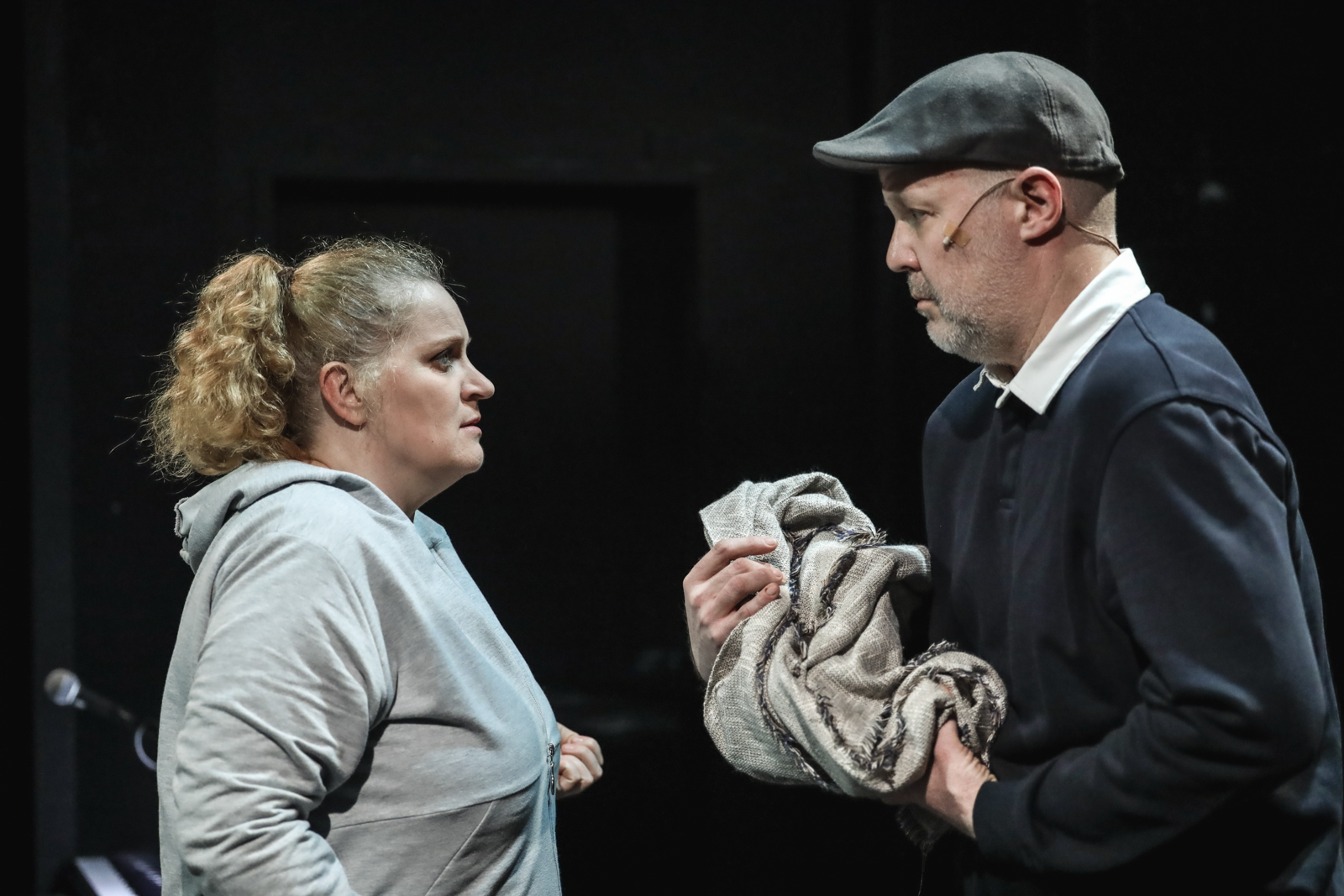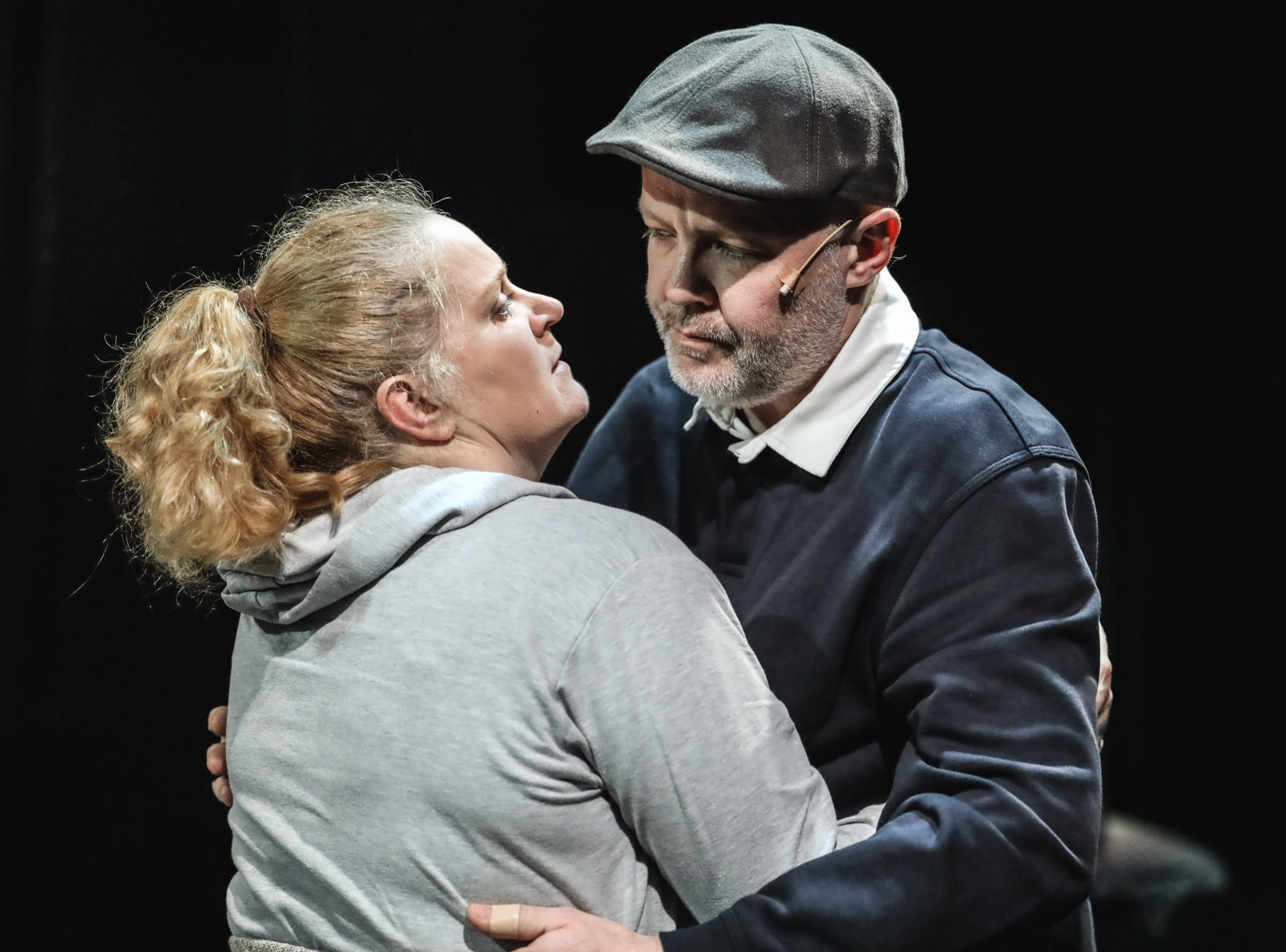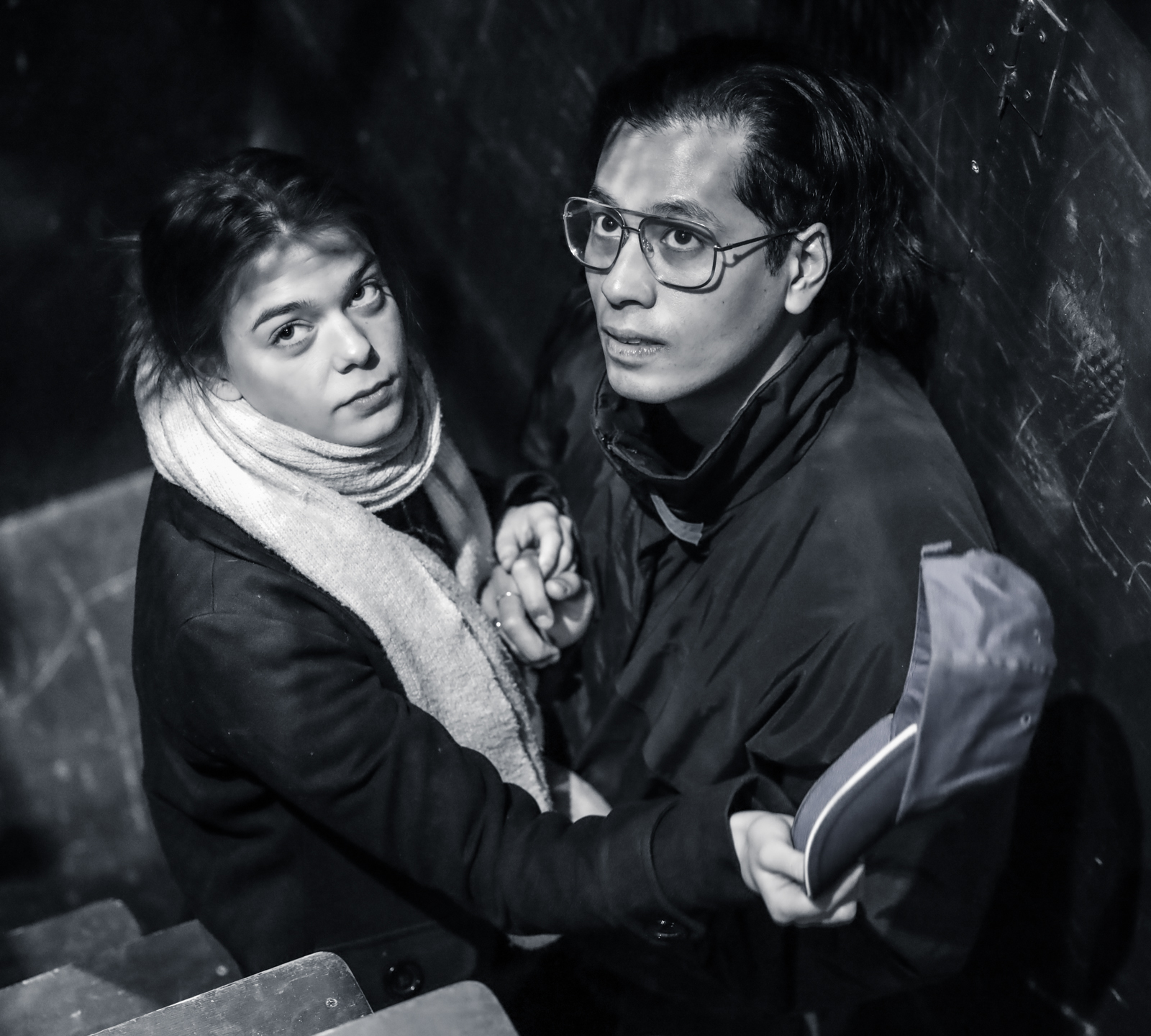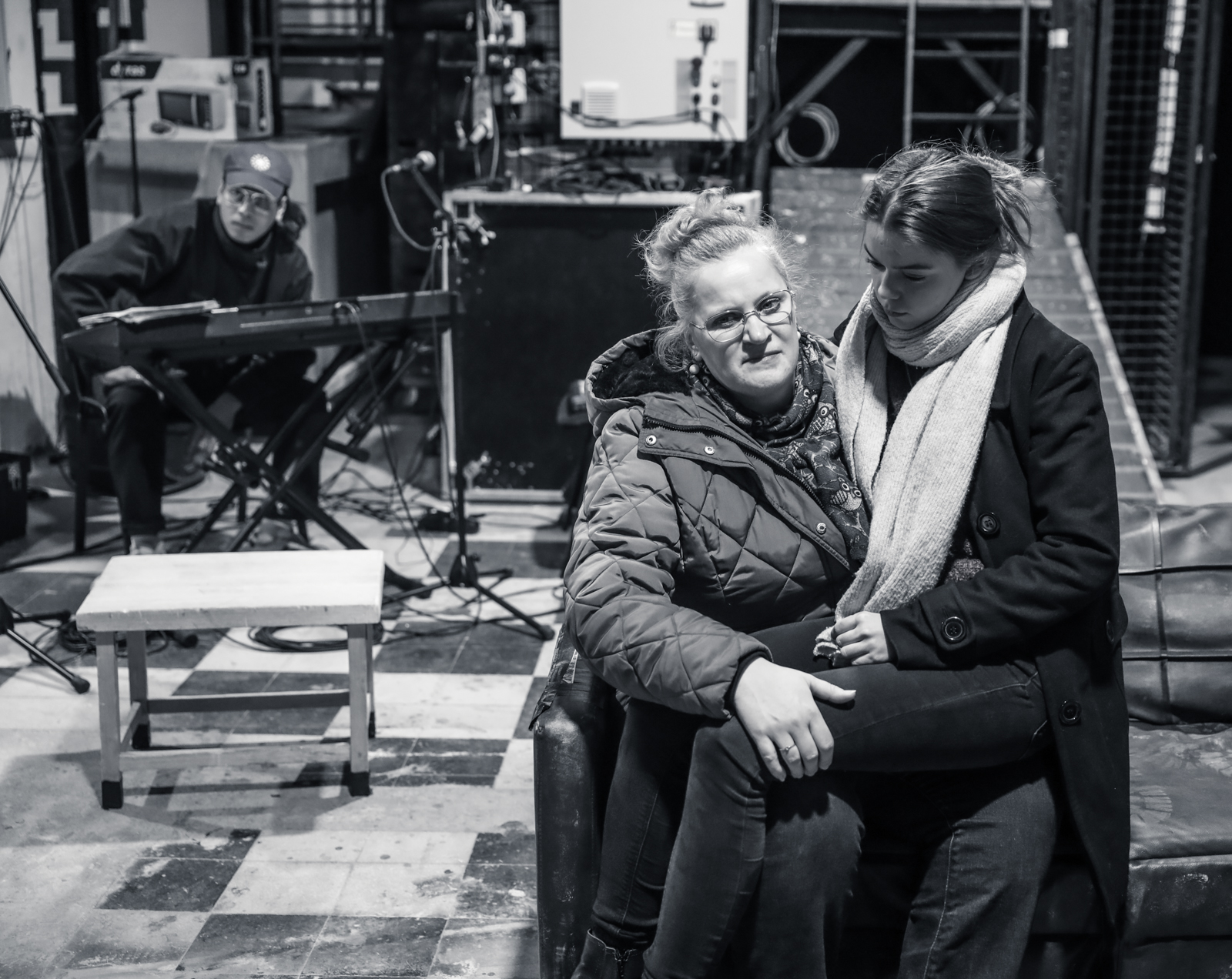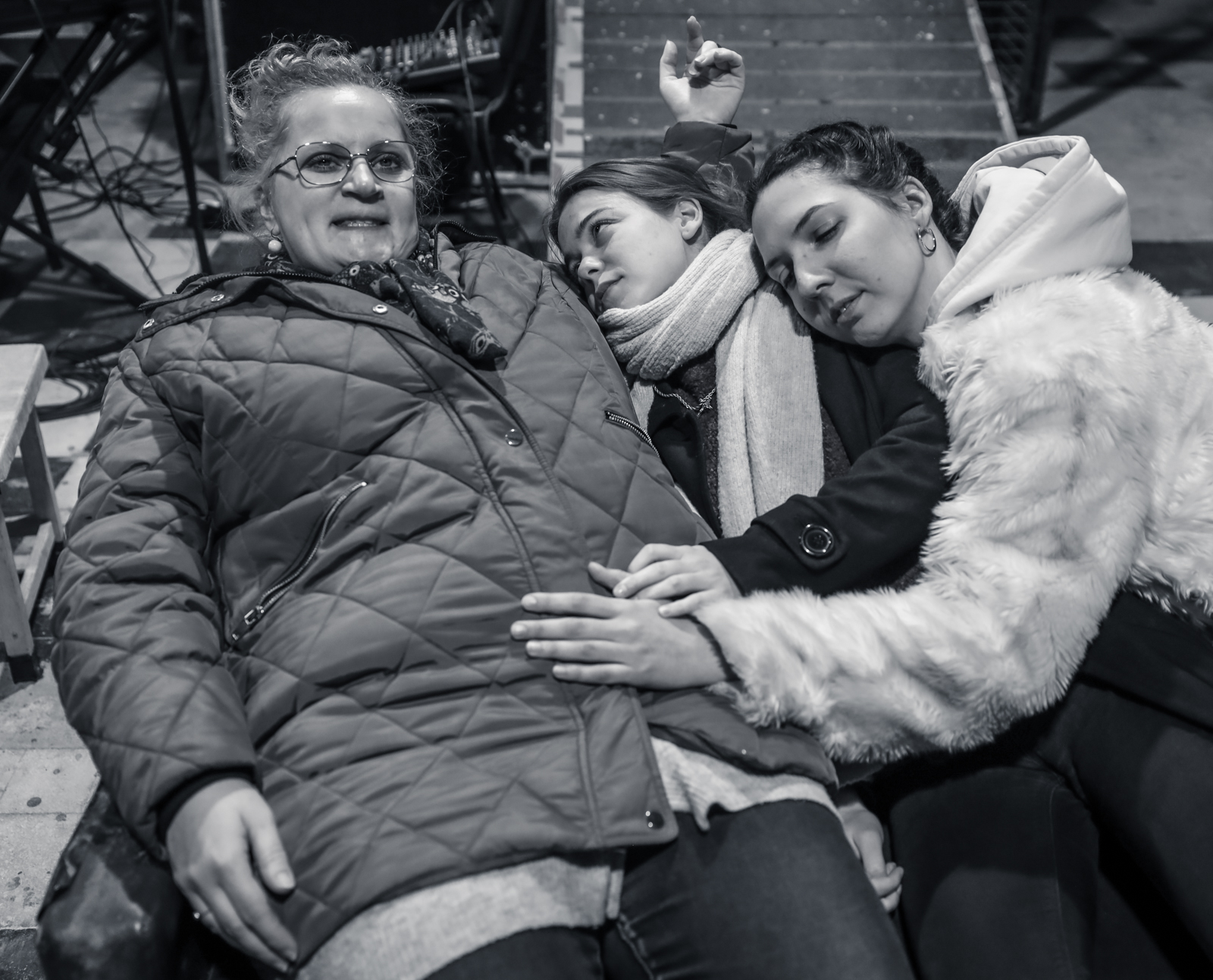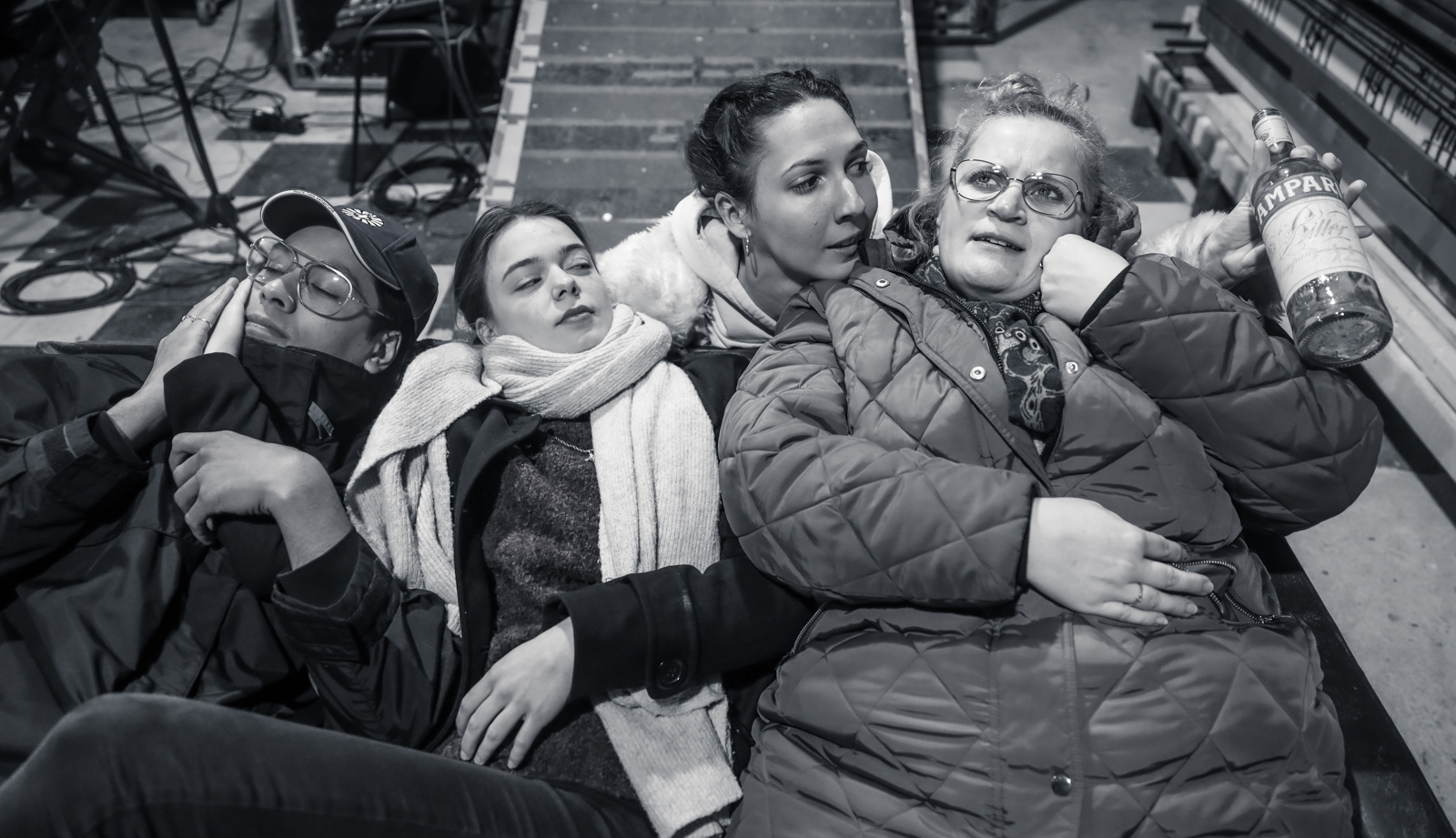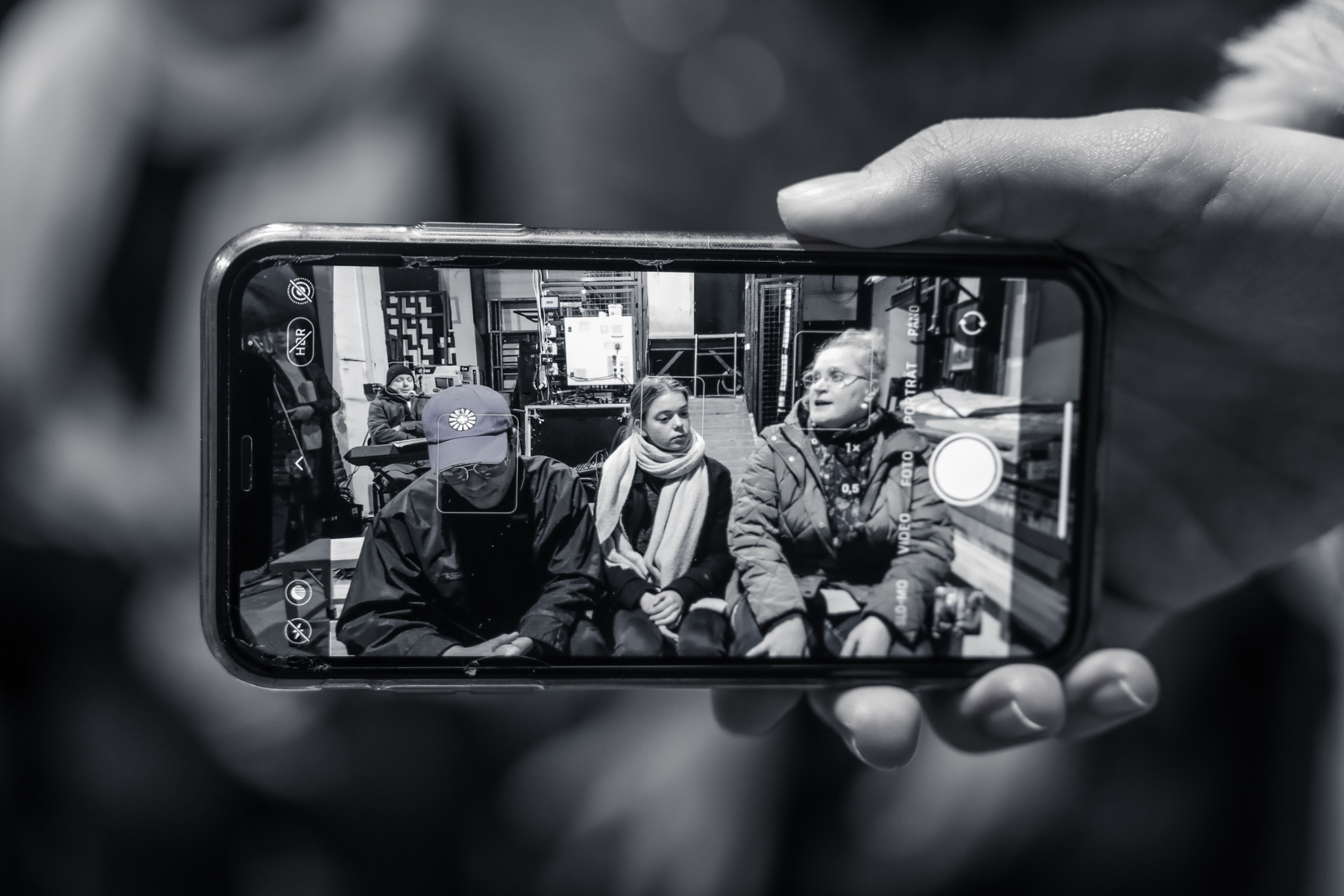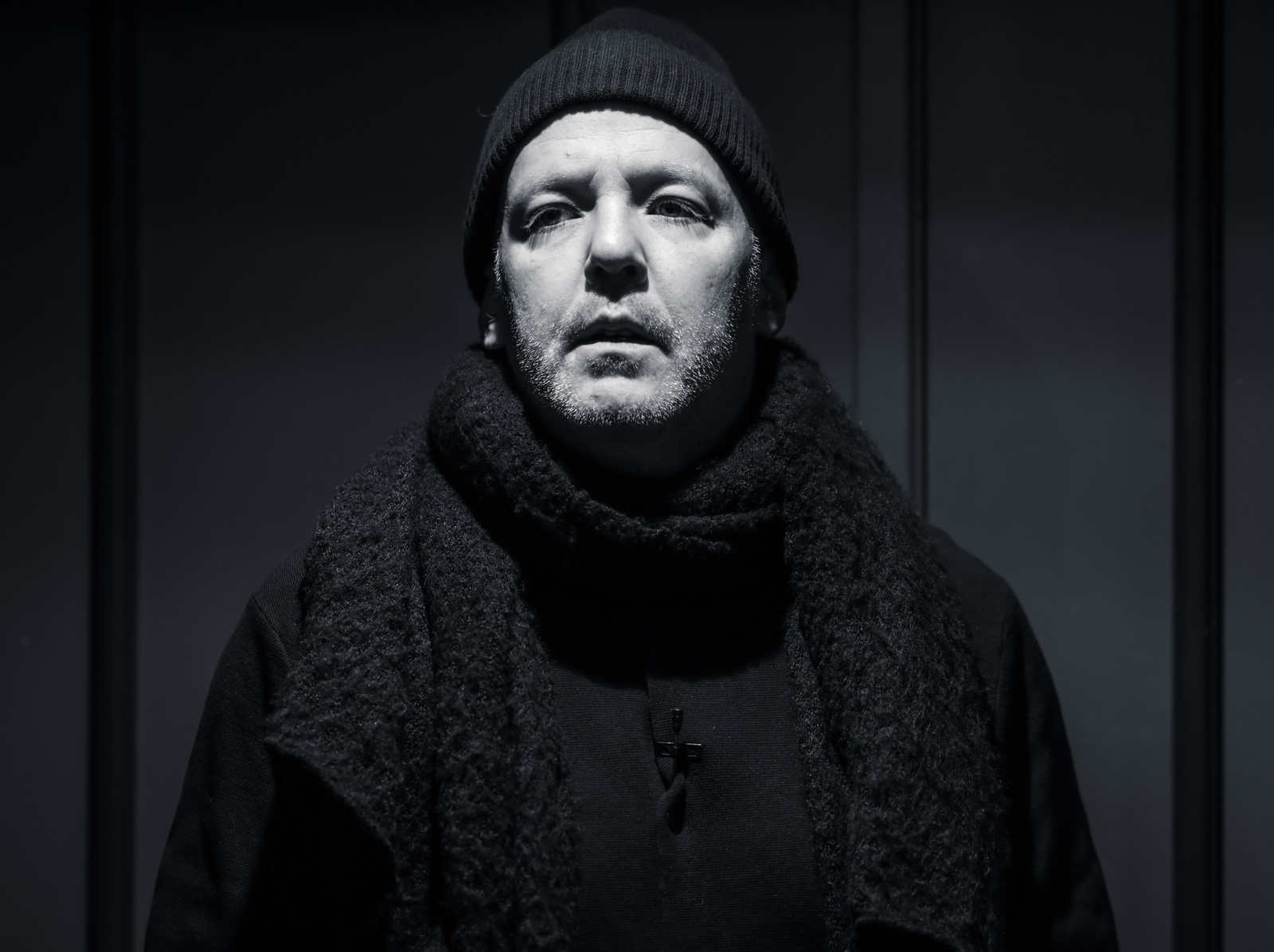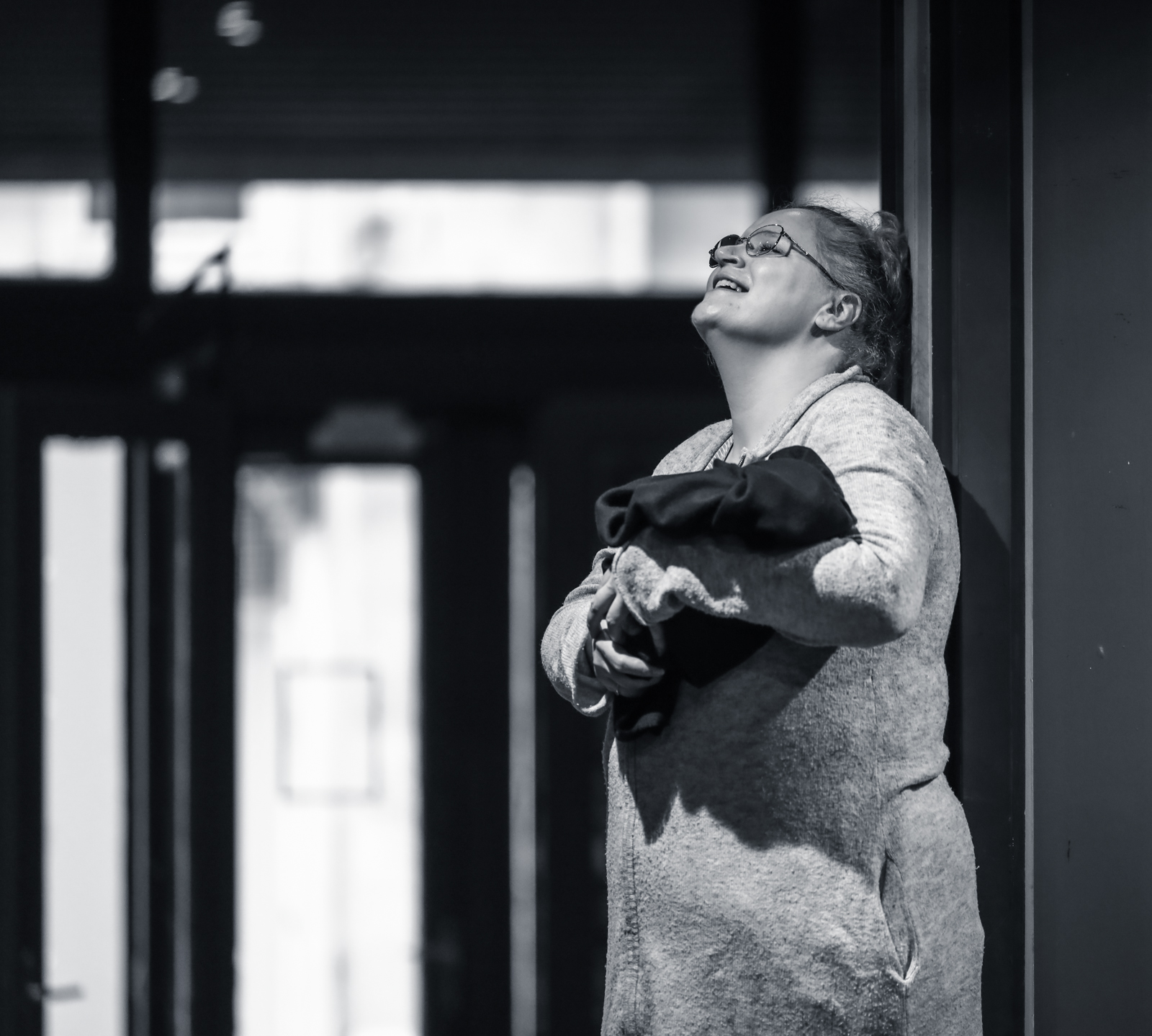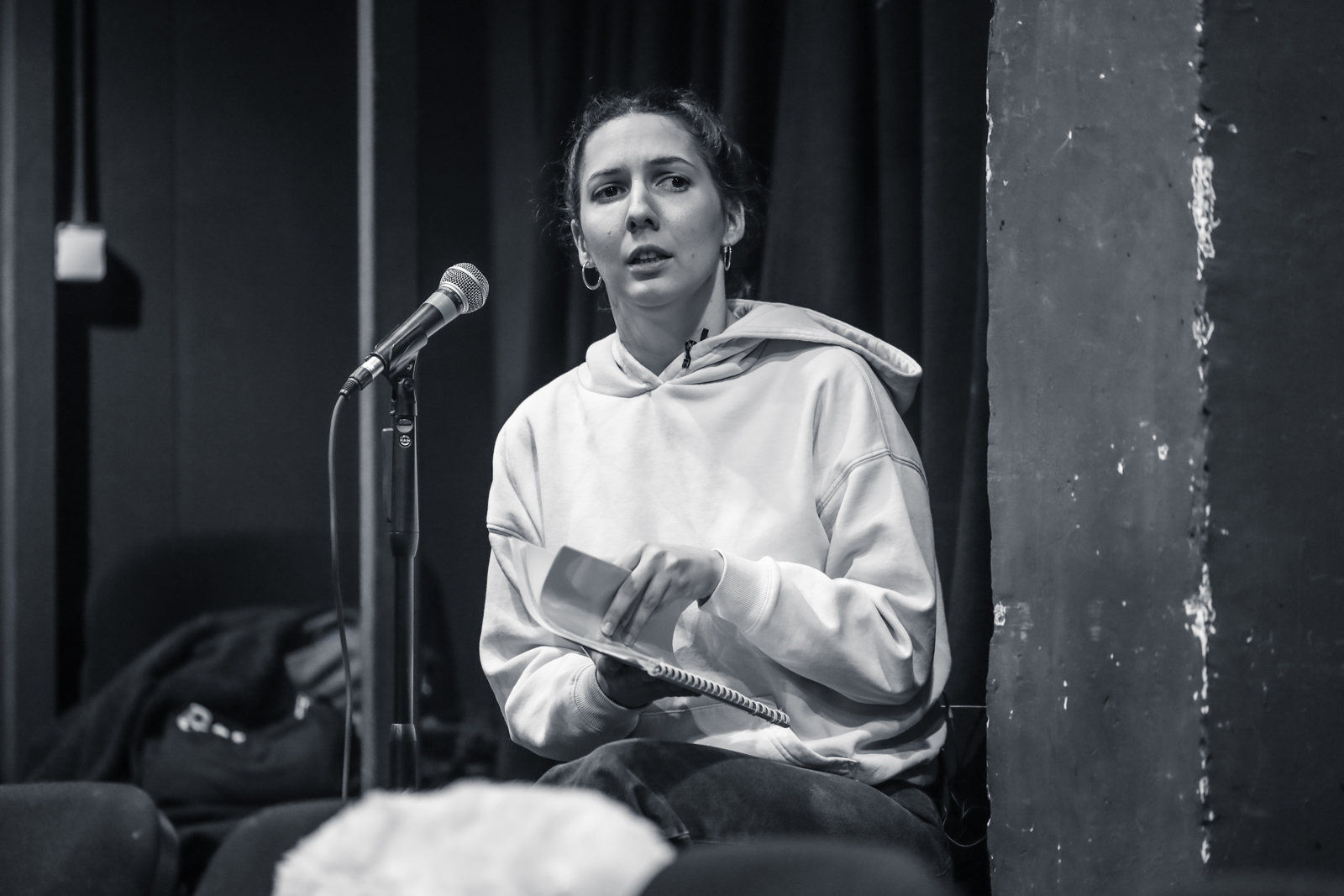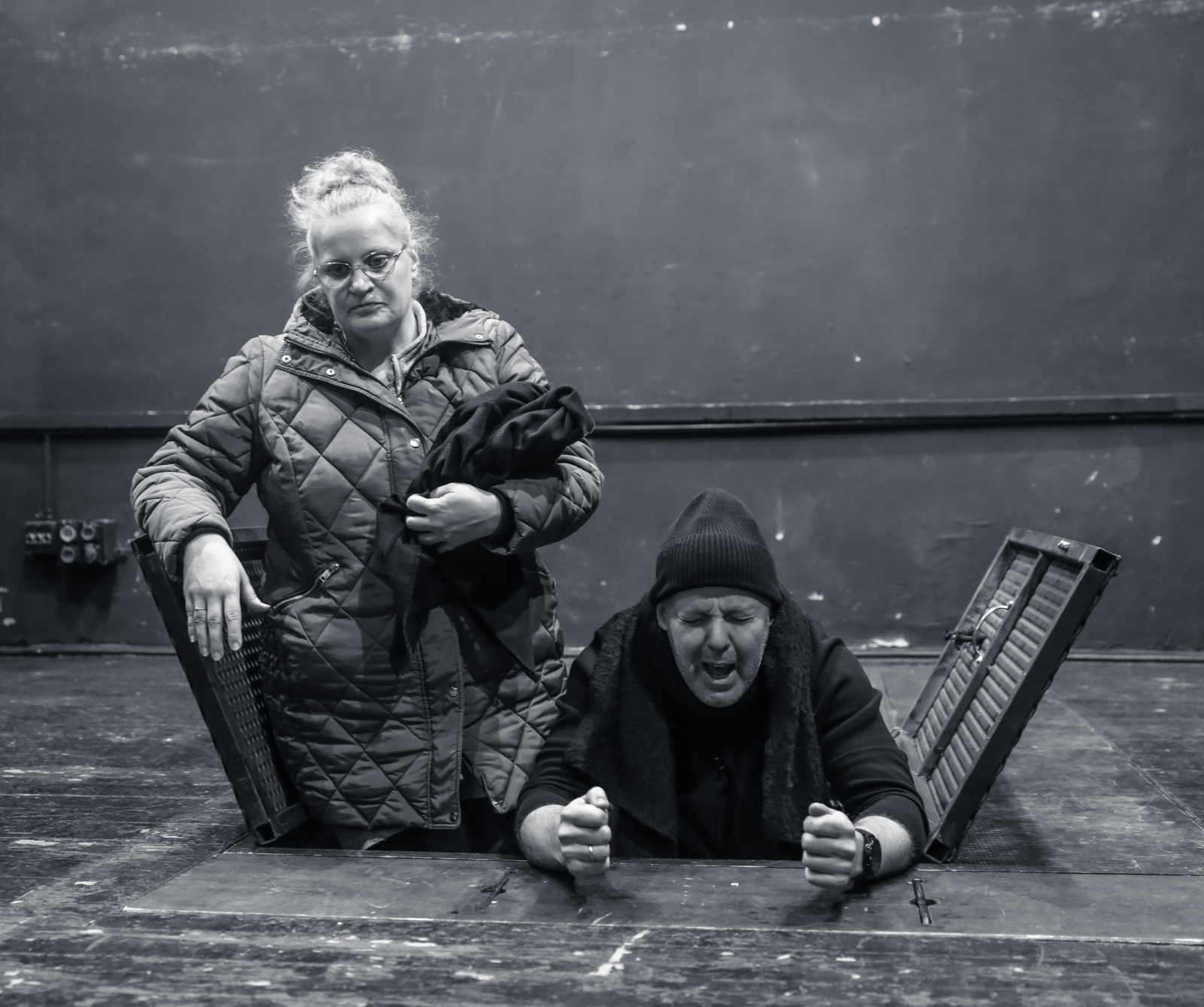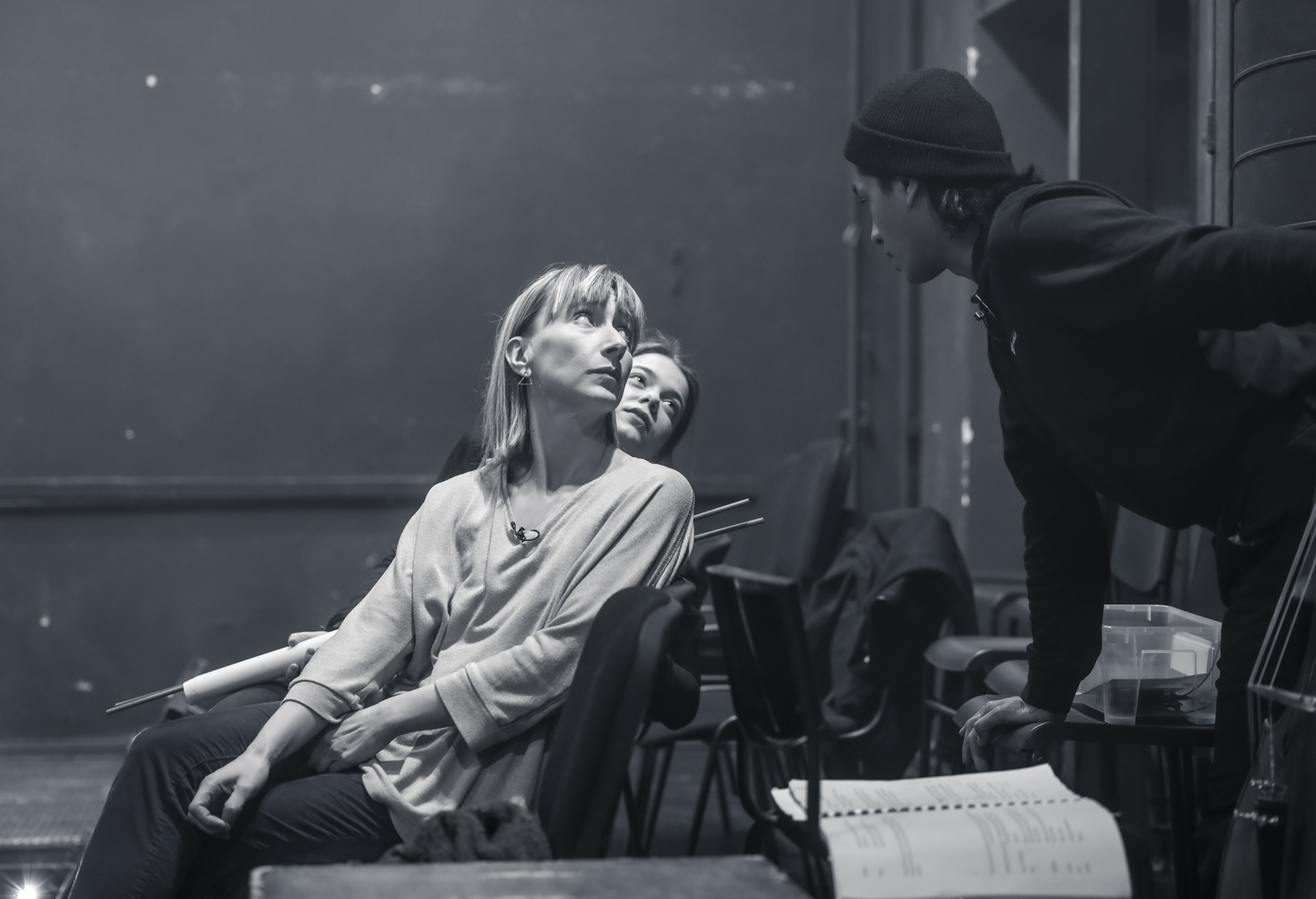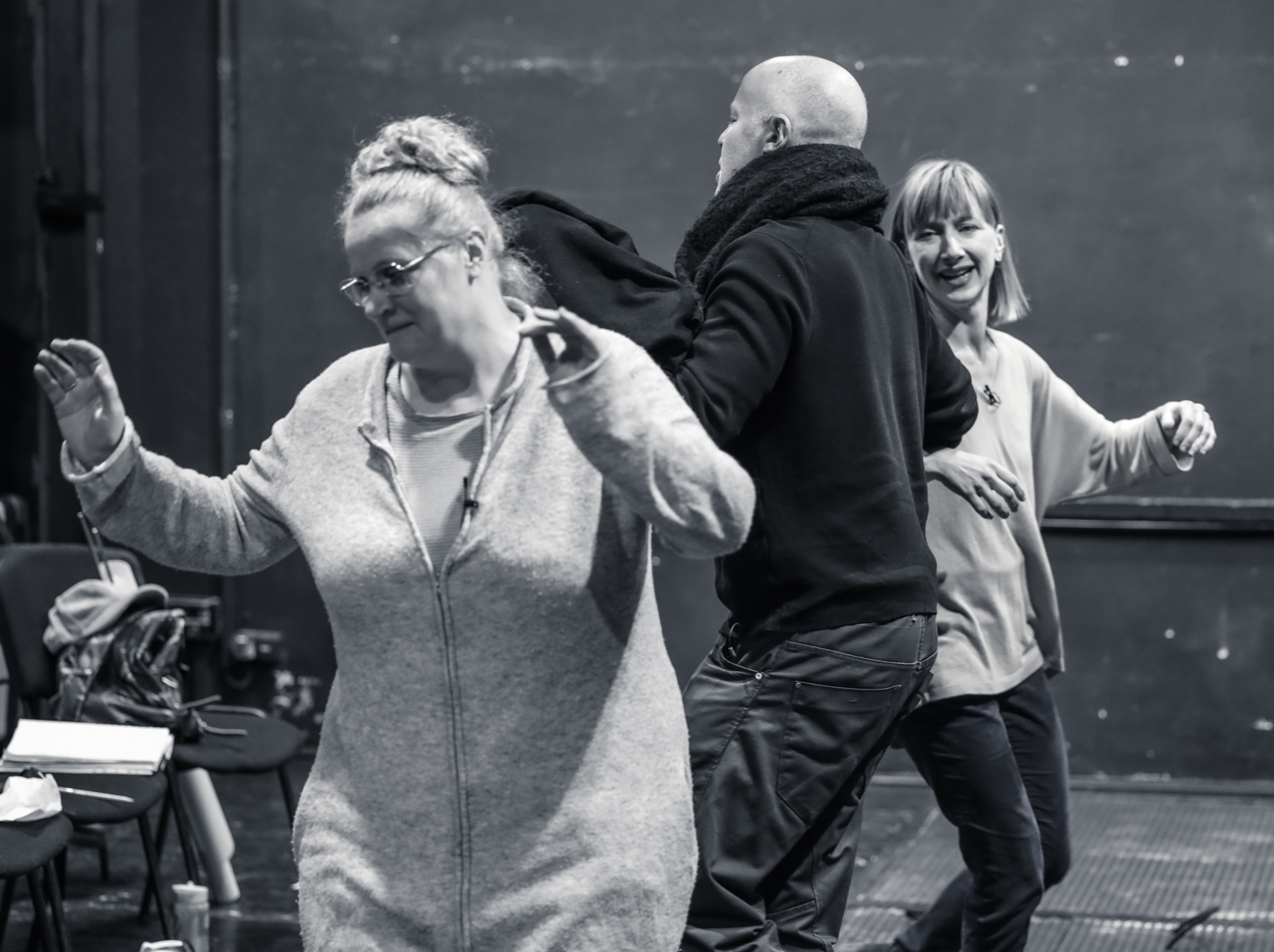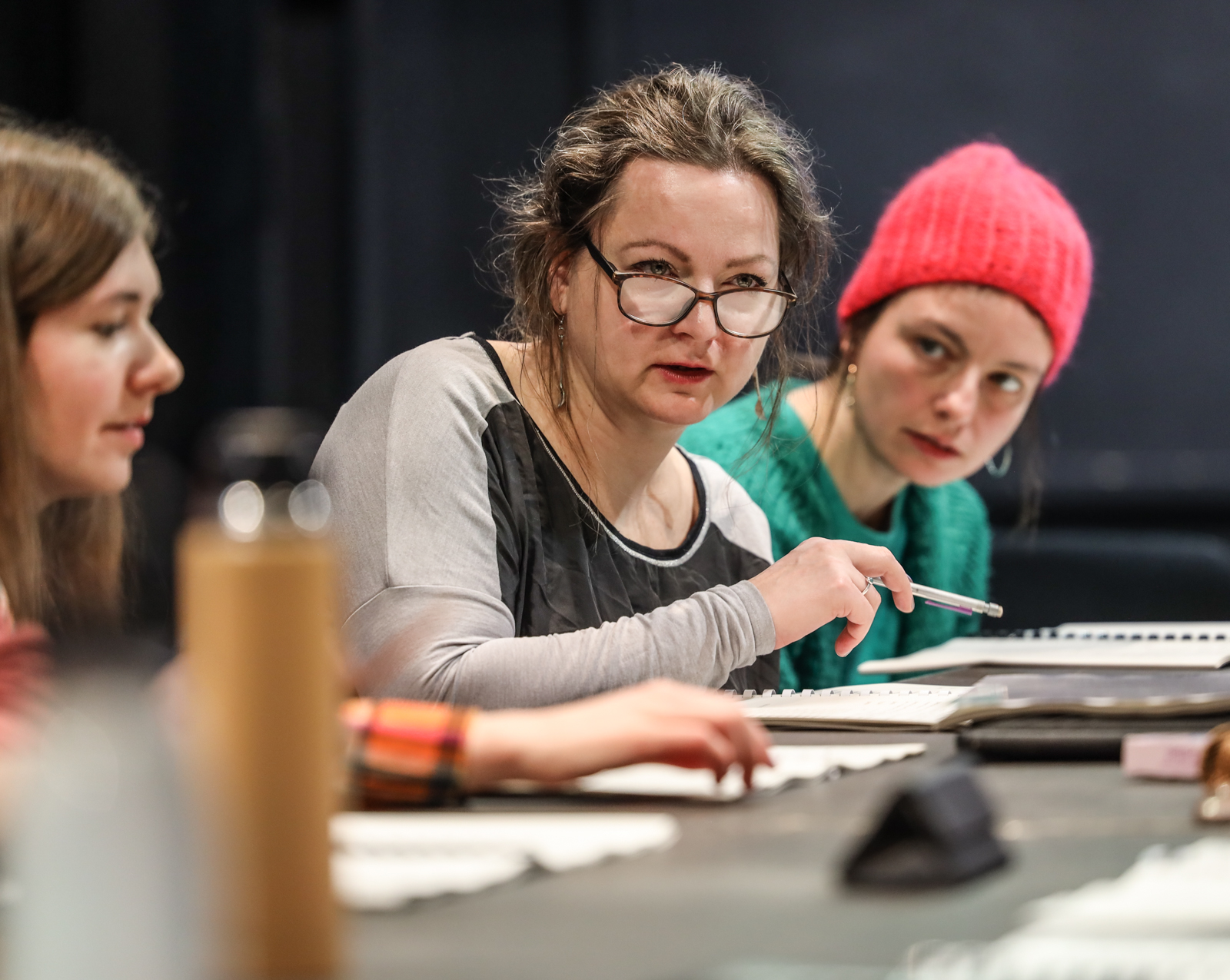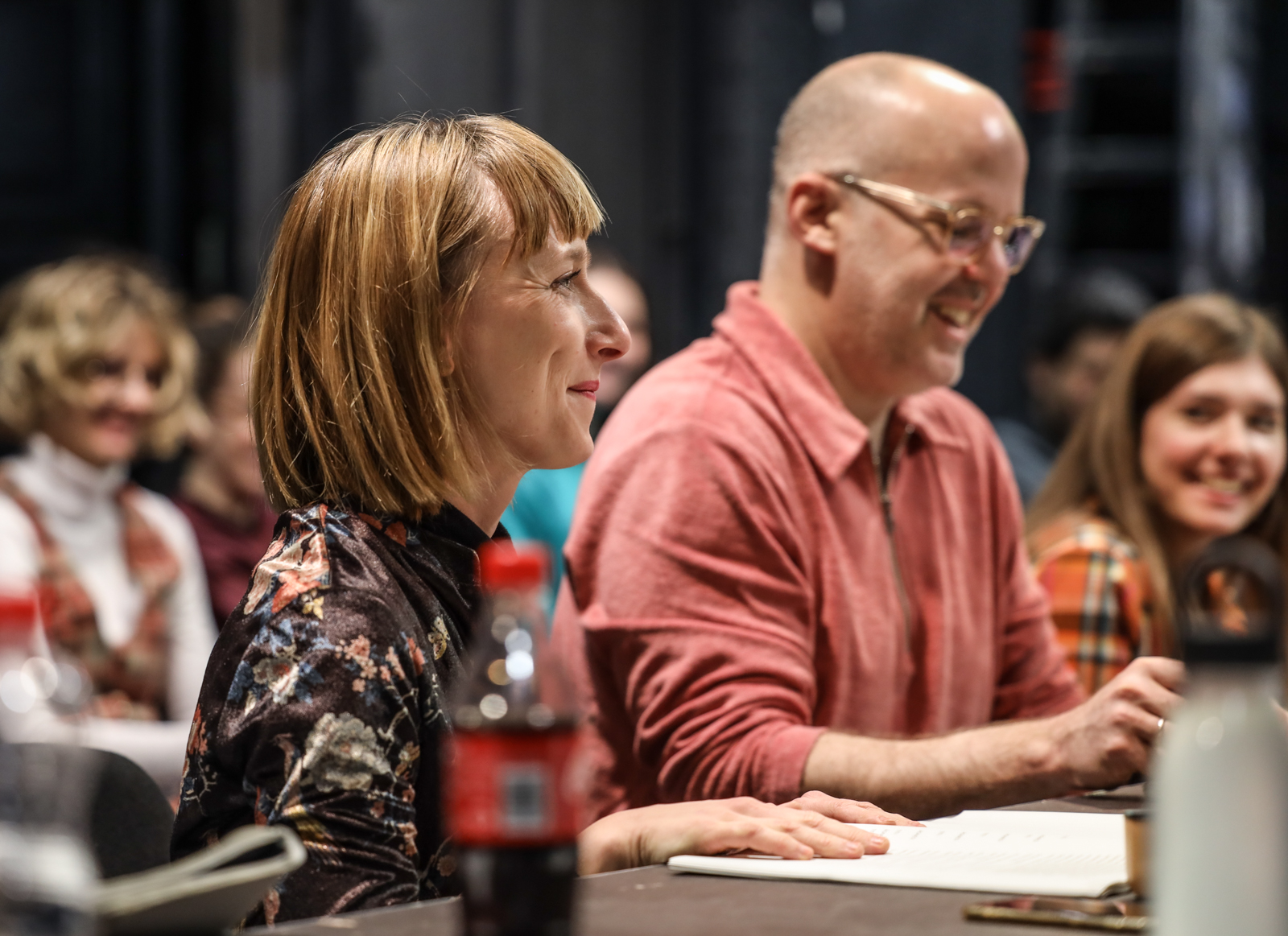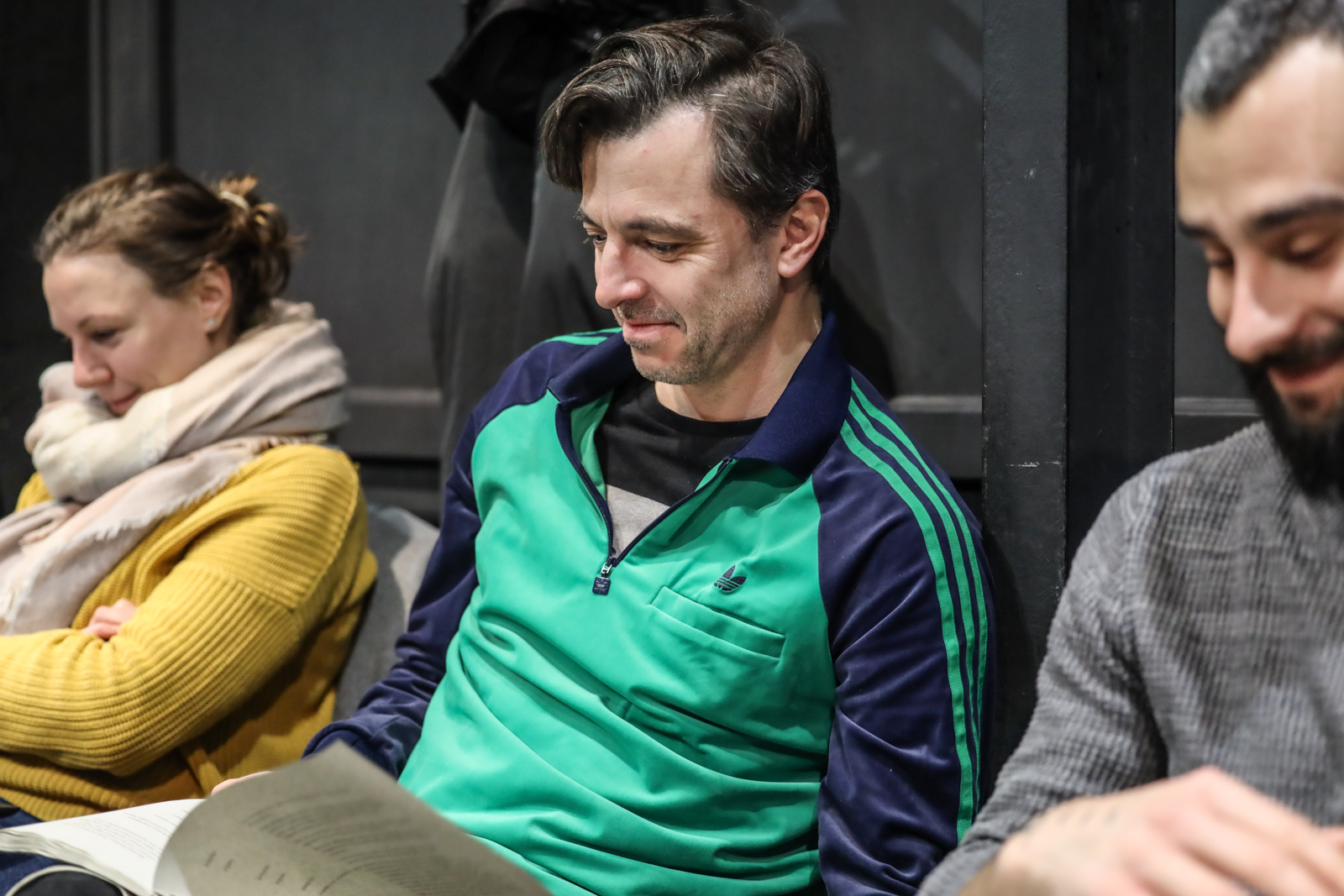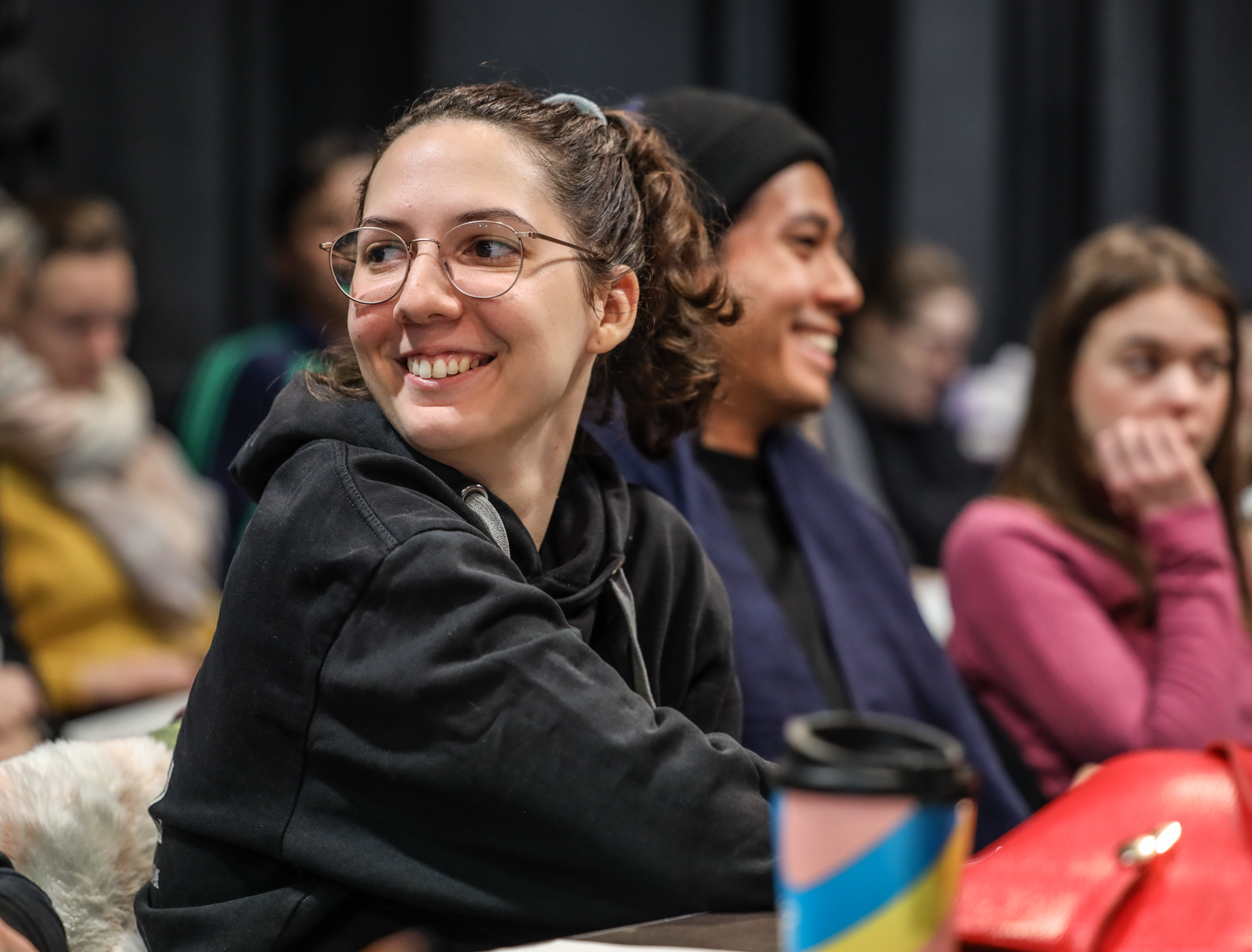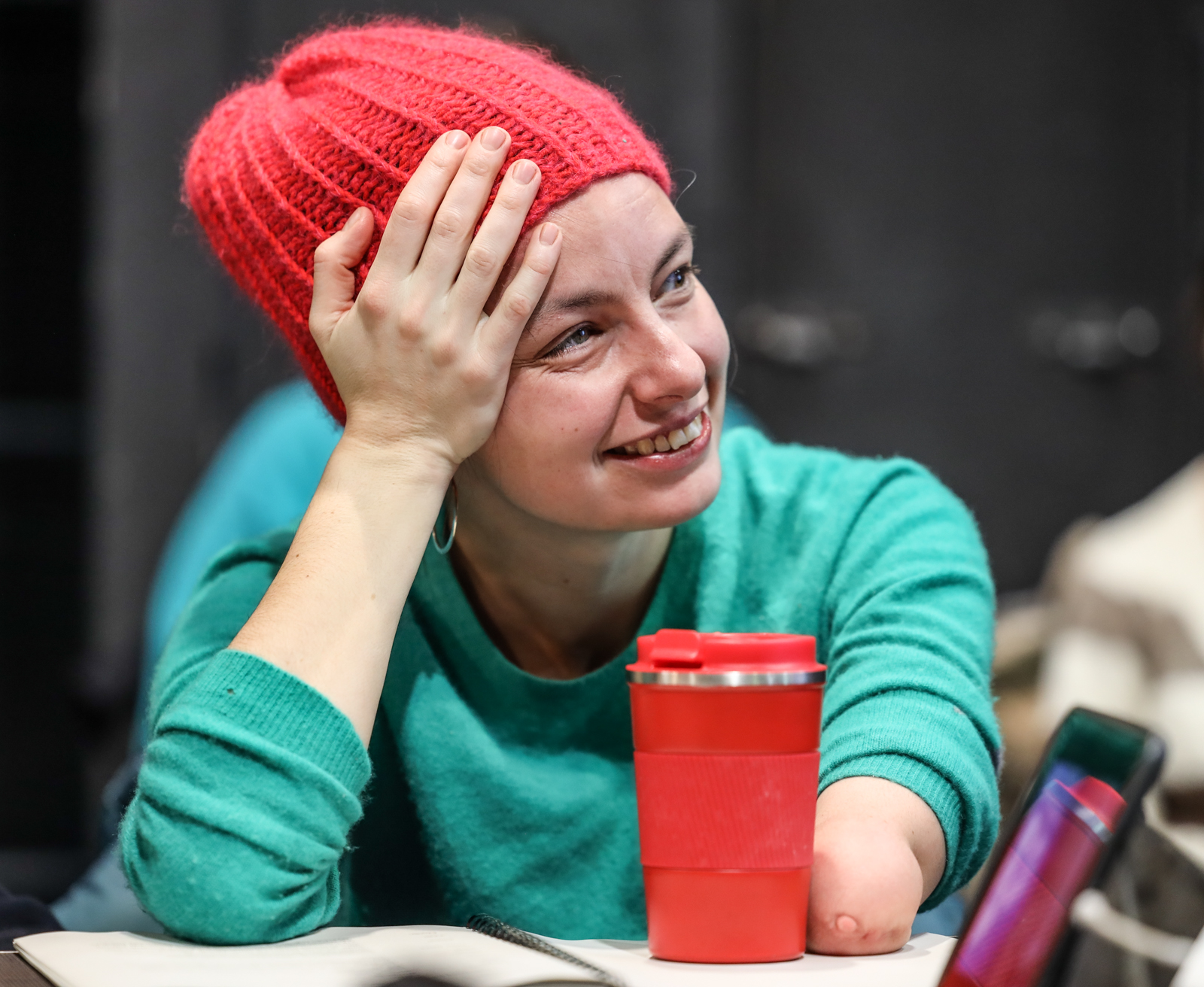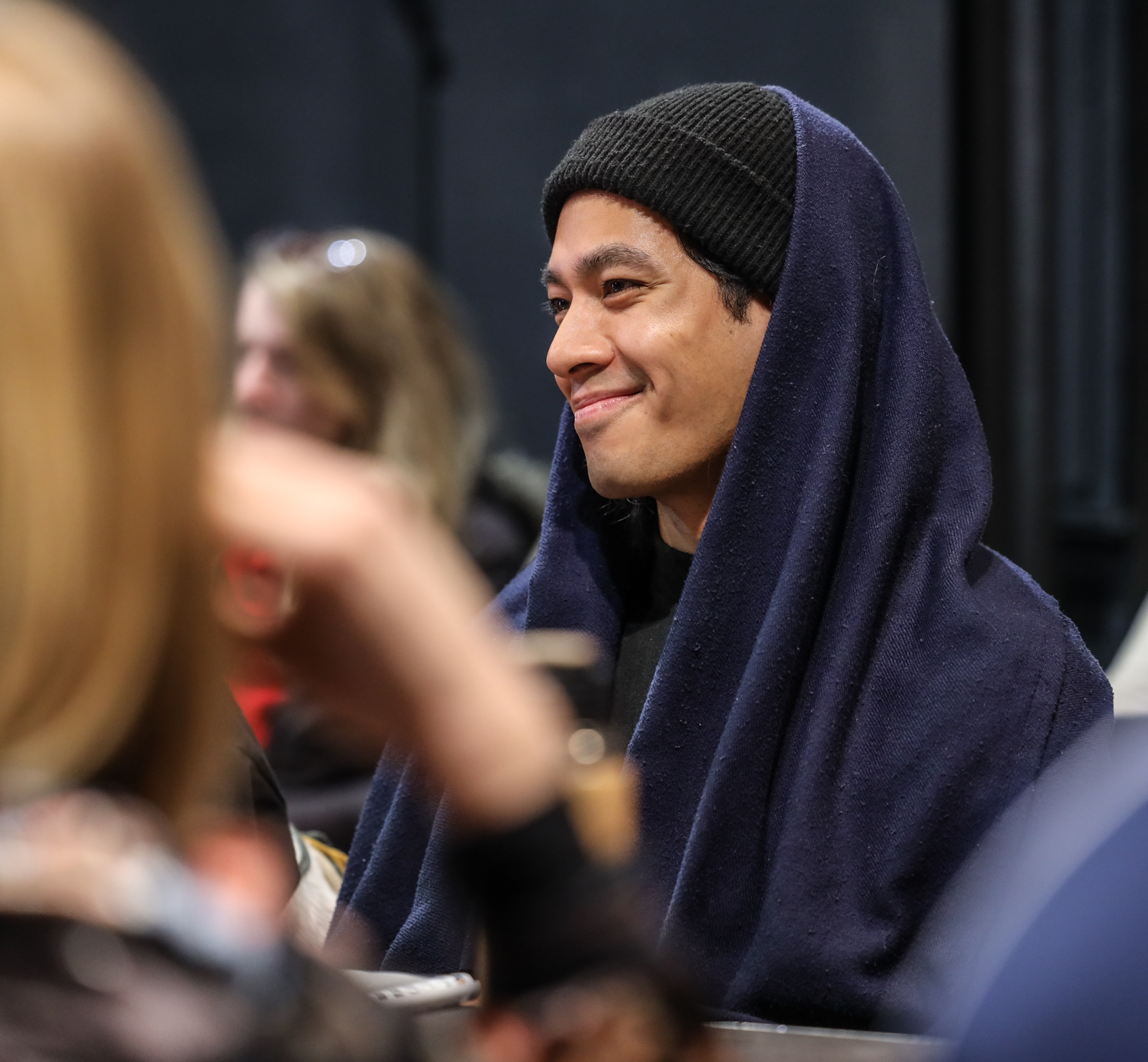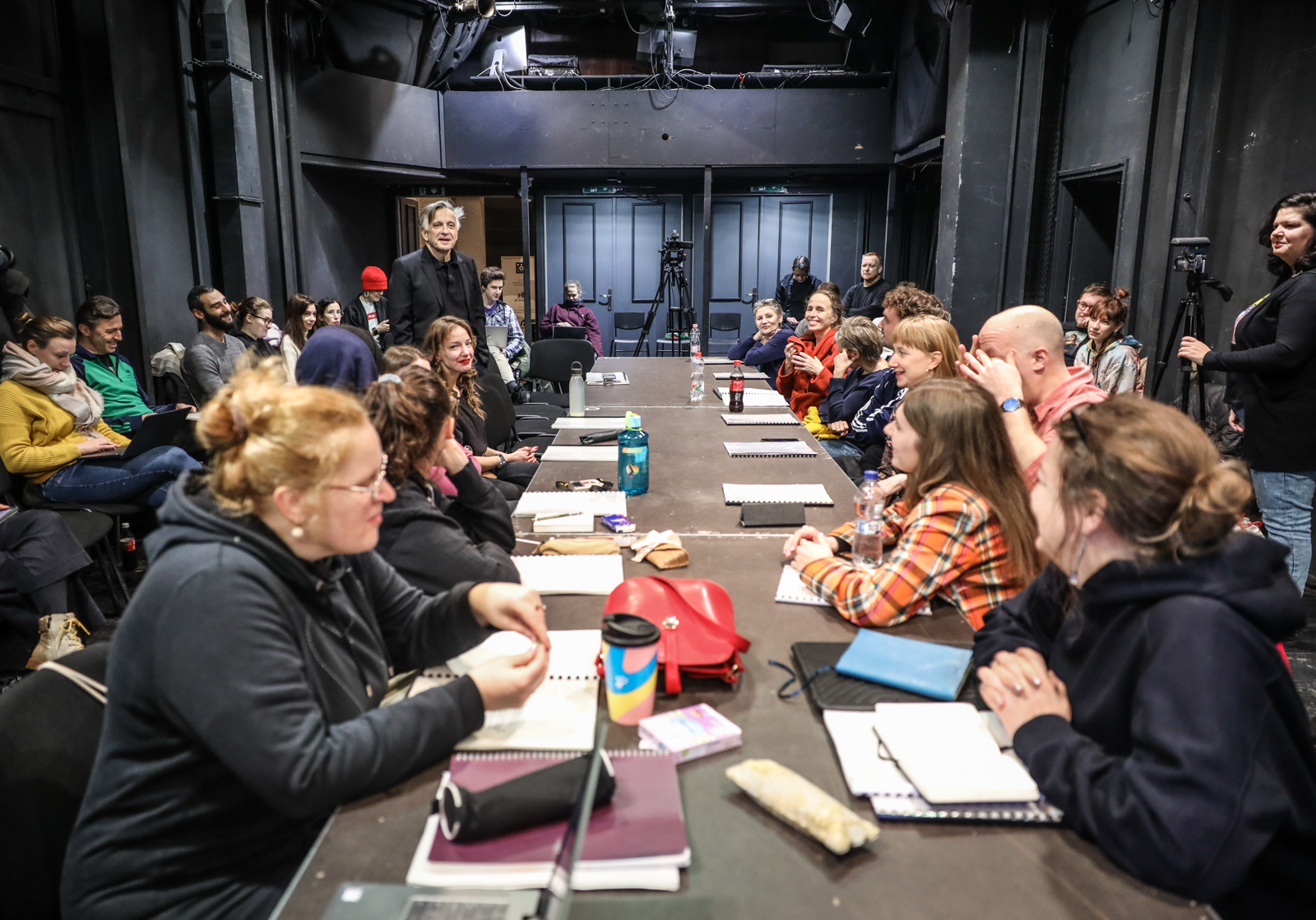Often We Don’t Die
Often We Don’t Die
Studio
Date of presentation: 2025.03.06.
Werk
Read-through
Programme guide
Scrollable PDF:
Andrea Tompa’s novel begins in 1944 in the Transylvanian city of Cluj-Napoca, as the city’s Jewish residents were being forced into a ghetto, and ends in the early 1990s, when the region’s inhabitants were finally liberated from dictatorship. The plot focuses on a woman who, as an infant, is entrusted by her Jewish mother to a Székely housemaid in order to rescue her from a terrible fate. The child grows up in this new family with a new name and eventually becomes an actress whose career and life are both haunted by her search for her own identity. Our production, developed by a multilingual, multinational creative team and incorporating the various languages and complicated ethnicities of the characters involved, seeks its own answers to the questions of silence and how we face the past.
“There were three major themes I was exploring: the question of fate and origin, issues surrounding adoption, and how the theatre allows us to learn things about ourselves by immersing us in the lives of others. (...) A very important starting point was how the past was lost. A black hole was created by the fact that tens of thousands of human beings were dragged out of this city. It’s not just this child’s parents who disappear, many others go there without a trace. The desolation is so great that it affects everyone: the past of many of the characters is one of obscurity, lies, role-playing, identity changes, and everything else. So what’s gone is gone, this is a fact that we have to live with, and there’s nothing we can do about it.”
Andrea Tompa
(excerpt from the author’s interview with transtelex.ro)
“There were three major themes I was exploring: the question of fate and origin, issues surrounding adoption, and how the theatre allows us to learn things about ourselves by immersing us in the lives of others. (...) A very important starting point was how the past was lost. A black hole was created by the fact that tens of thousands of human beings were dragged out of this city. It’s not just this child’s parents who disappear, many others go there without a trace. The desolation is so great that it affects everyone: the past of many of the characters is one of obscurity, lies, role-playing, identity changes, and everything else. So what’s gone is gone, this is a fact that we have to live with, and there’s nothing we can do about it.”
Andrea Tompa
(excerpt from the author’s interview with transtelex.ro)
Often We Don't Die is part of a theatre exchange programme between the Örkény Theatre in Budapest and Theaterhaus Jena, where Herscht 07769 will be presented on 4 April.
In partnership with International Coproductions Fund.
Sponsored by Hungarian Academy of Arts.
This work was produced with the financial assistance of the European Union. The views expressed herein can in no way be taken to reflect the official opinion of the European Union.
The foreign guest artists were with us as part of the Goethe Institute's residency programme.

.png)


PERFORMED BY
Ioana Niţulescu,
Florian Thongsap Welsch
Musical collaborator
Matisz Flóra Lili
Cameraman
Guzmics Gergely
On video recording
Pogány Judit,
Ficza István
DIRECTOR
Gáspár Ildikó
DRAMATURG
Ari-Nagy Barbara
Visual design
Szabados Luca
Media design
Juhász András
Music
Matisz Flóra Lili
Lighting designer
Balogh Csaba Andor
Editor
Herpai Máté
Sound
Baranyai Illés,
Móni Tamás,
Tarnay Timon
Interpreter
Veres Emőke,
Zilahy Anna
Assistant/stage manager
Mészáros Csilla
Prompter
Sütő Anikó
Rendezőasszisztens-gyakornok
Martin Daniella








